
At the intersection of brain chemistry and human longing, intimacy between men reveals a landscape of vulnerability, reward, and identity. This article delves into how neural circuits, hormonal dynamics, and psychological frameworks undergird male-male intimacy—why it matters, why it unsettles, and why it offers one of the deepest paths to self-knowledge and human connection. By combining neuroscience, endocrinology, and relational psychology, this piece argues that male intimacy is not a peripheral luxury but a core human imperative: a frontier where biology and spirit collide.

AI is reshaping medicine from diagnostic tool to empathic collaborator — a transformation that redefines care, ethics, and the essence of healing itself.

Across alliances, borders, and institutions, power is increasingly exercised without trust. This article examines how legitimacy—not military strength or economic size—has become the decisive variable in global stability, and why its erosion now threatens international order.
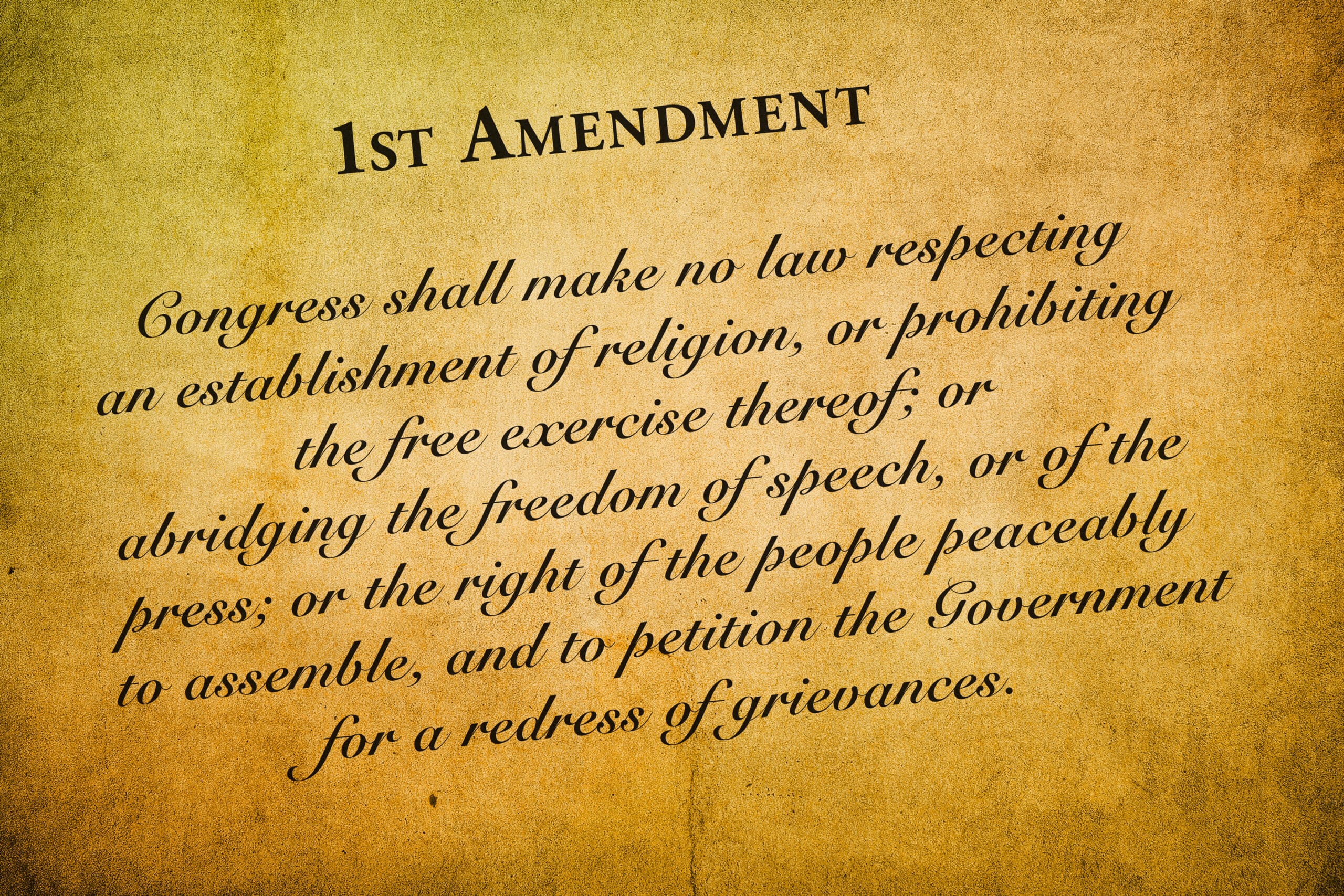
The United States is now in an stress-test phase. Institutions are probing where the edges are: who qualifies as a journalist, what constitutes reporting versus participation, and when observation becomes involvement. These questions are not new, but the stakes are higher than they have been in decades. This article examines how the First Amendment becomes vulnerable not through overt repeal, but through procedural drift—and why this moment matters for the future of democratic accountability.

On February 8, 2026, Bad Bunny — Benito Antonio Martínez Ocasio — stood at Levi’s Stadium in Santa Clara, California and delivered what will likely be remembered as one of the most consequential Super Bowl halftime performances of the 21st century. More than a show, it was a statement of identity, belonging, and cultural force — a moment where music intersected with global discourse and collective self-recognition
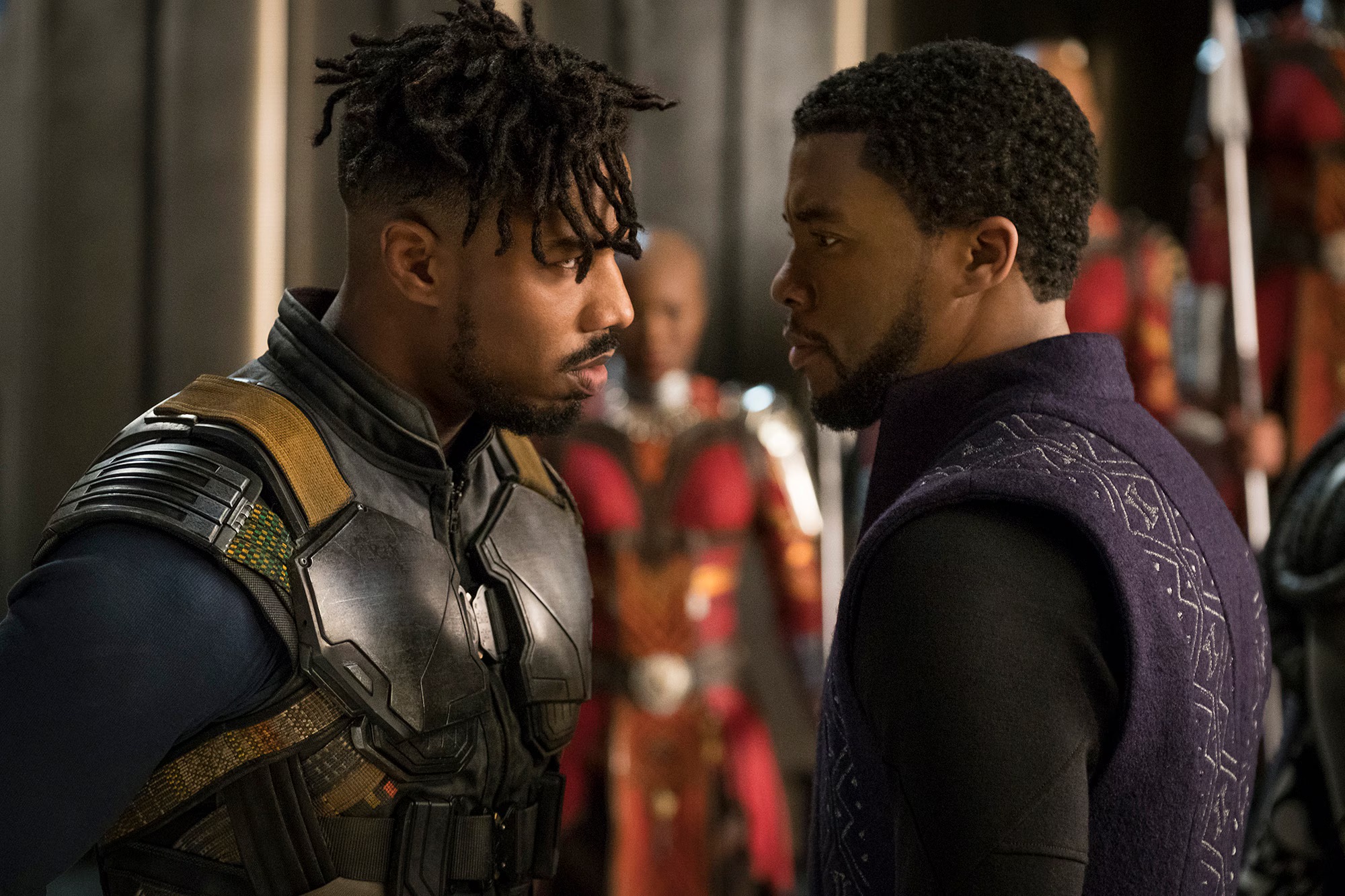
Racial colour was engineered, formalised, and institutionalised over centuries, and it continues to shape how people of African descent understand themselves and one another across continents, often to their own detriment.

For the past two decades, business has lived under a spell — the belief that technology is the ultimate disruptor. We’ve worshipped at the altar of innovation, measuring success by how quickly we could automate, digitise, and optimise. Tech has indeed changed the way we live, work, and connect. But here’s the inconvenient truth: In the next decade, technology won’t be the competitive advantage. Trust will.
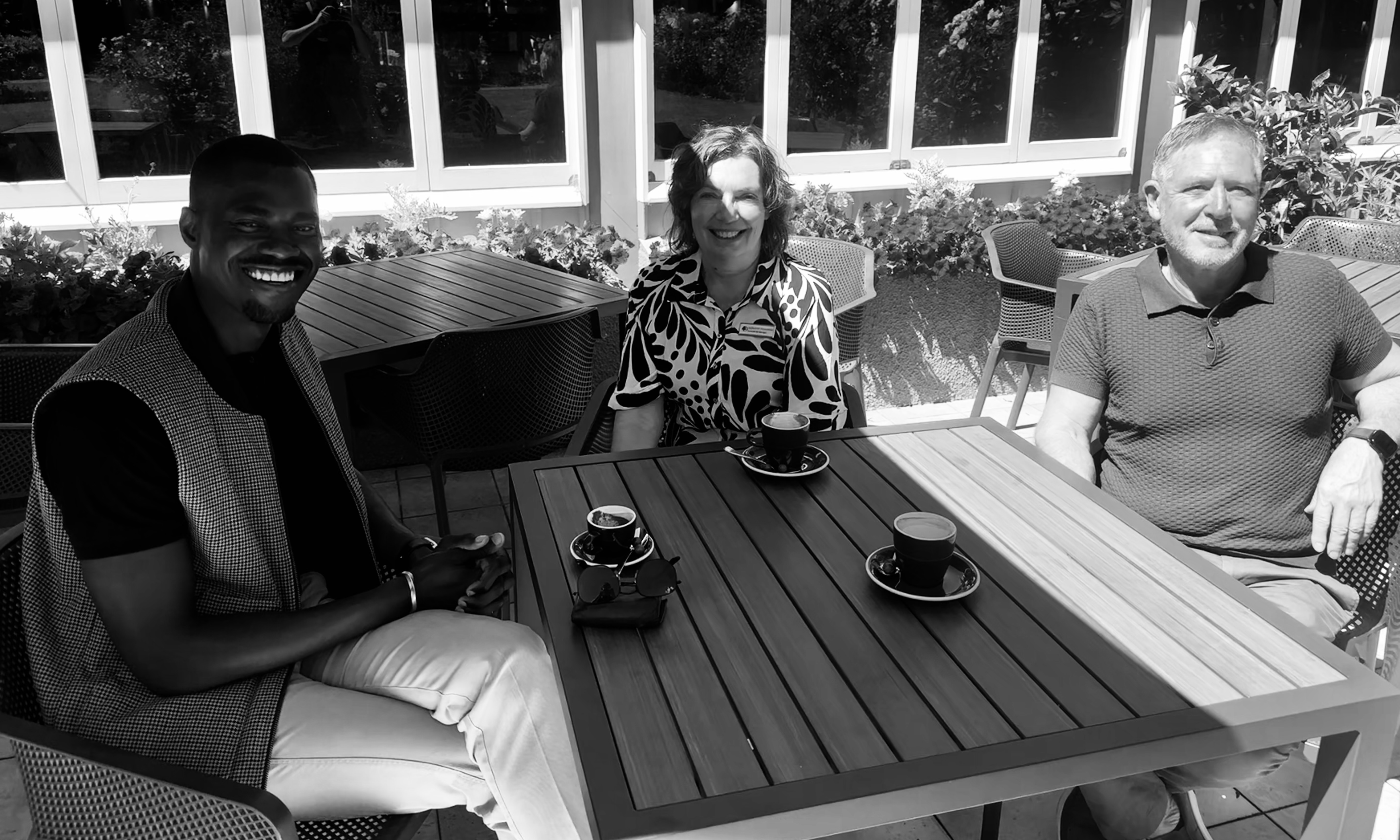
Christchurch is not a city that performs for visitors. It does not overwhelm with spectacle, nor does it curate itself for instant gratification. Instead, it reveals itself slowly—through land, infrastructure, history, and conversation. That becomes clear the moment you sit down, coffee in hand, in the gardens of Chateau on the Park and begin talking to someone who has lived the city from the inside. Christchurch is often described as the most “English” city in New Zealand, but that shorthand misses what actually defines it. This is a city shaped by settlement decisions, seismic consequences, social memory, and resilience under pressure. It is flat because it was built on swamp land. It is orderly because it inherited British systems. It is cautious because it has been physically broken before. You don’t understand Christchurch until you understand what it has endured—and how it continues to function anyway.
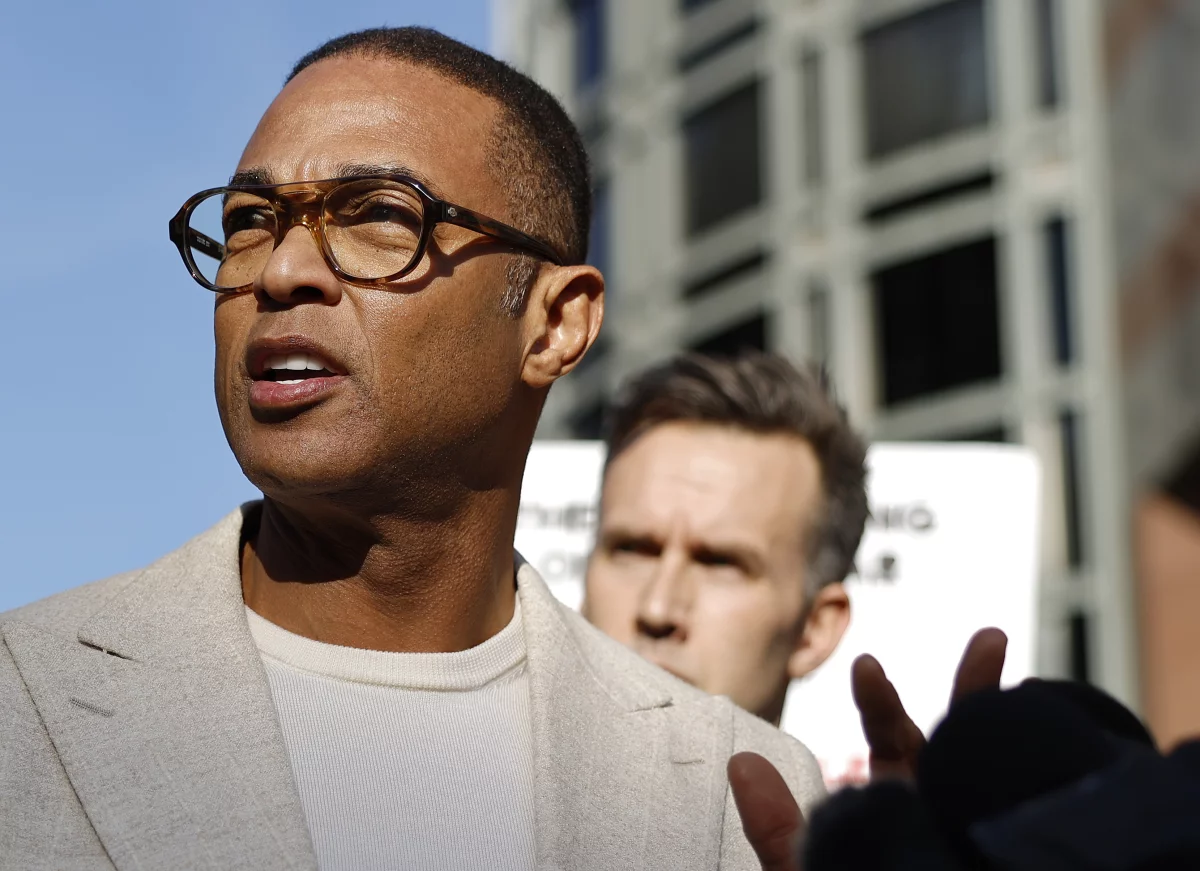
The arrest of a high-profile journalist is not an isolated legal event. It is a systems signal. This editorial examines the growing global pattern of prosecuting journalists under the guise of law enforcement, the erosion of First Amendment protections in practice, and why democratic societies fail when witnessing becomes a punishable act.
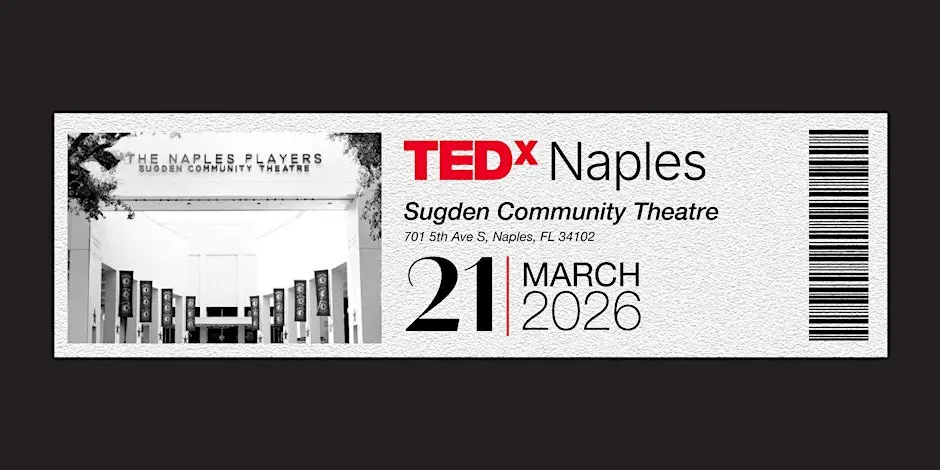
On March 21, Naples, Florida will host TEDx Naples—one of thousands of independently organised TEDx events held globally each year. On the surface, that might not sound remarkable. TEDx events are common. Many are forgettable. Some are performative. A few are genuinely consequential. This one has the potential to be the latter. At a time when public trust in institutions is low, civic dialogue is fragmented, and leadership conversations are increasingly reduced to slogans, TEDx Naples is positioning itself not as entertainment, but as a forum for adult thinking—about responsibility, justice, resilience, and what it means to lead in a world shaped by consequence rather than applause. This editorial explains why this particular TEDx event matters, what differentiates it from the broader TEDx ecosystem, and why its timing—and location—are not incidental.

What looks like cultural chaos—celebrity outrage cycles, travel exhaustion, and climate anxiety—is actually one interconnected signal. Entertainment, mobility, and climate stress now operate as a single feedback loop, revealing how systemic overload shows up first in culture before it appears in policy or economics.

As Arctic ice retreats, Greenland has shifted from geographic periphery to strategic center. Climate change is exposing new shipping routes, military corridors, and critical mineral reserves—placing Greenland at the intersection of great-power competition, environmental collapse, and unresolved questions of sovereignty and self-determination.

The decline in civility, comfort, and behaviour in modern air travel is not a cultural mystery. It is the direct outcome of economic and regulatory decisions made over decades. Airline deregulation reshaped pricing, capacity, and incentives—and in doing so, fundamentally altered how people behave in shared spaces.

Modern airports have become one of the clearest indicators of how contemporary systems treat people. From overcrowded terminals to passengers sleeping on floors, today’s flying experience exposes the cumulative effects of deregulation, economic inequality, infrastructure strain, and institutional indifference.
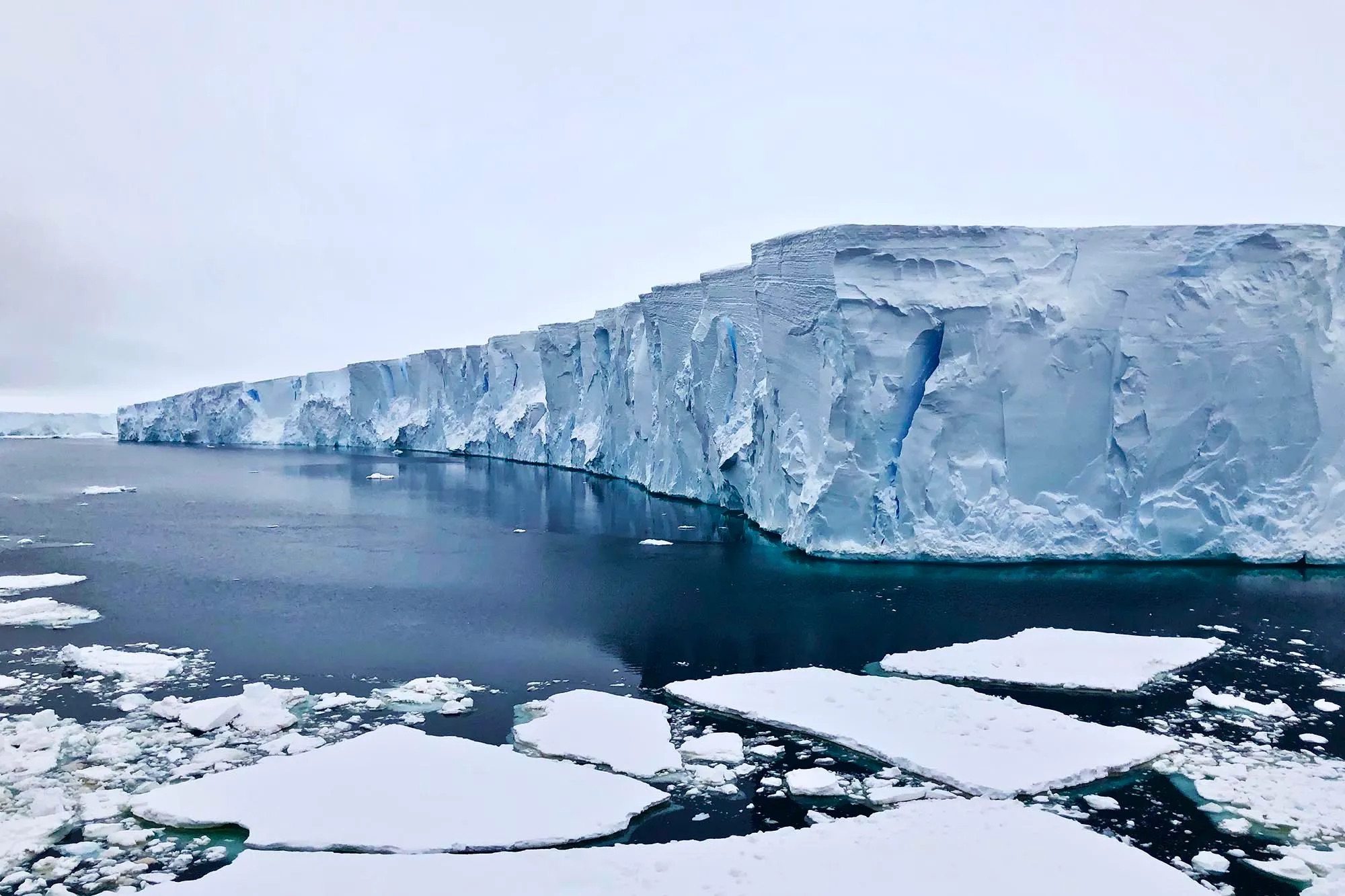
The collapse of Antarctica’s Thwaites Glacier is no longer a distant climate abstraction. It is a systems-level risk with direct implications for coastal cities across the Pacific and Atlantic—reshaping where humans can safely live, insure property, and build futures. This editorial traces the science, the timelines, and the urban consequences—grounded in empirical research and geopolitical reality.
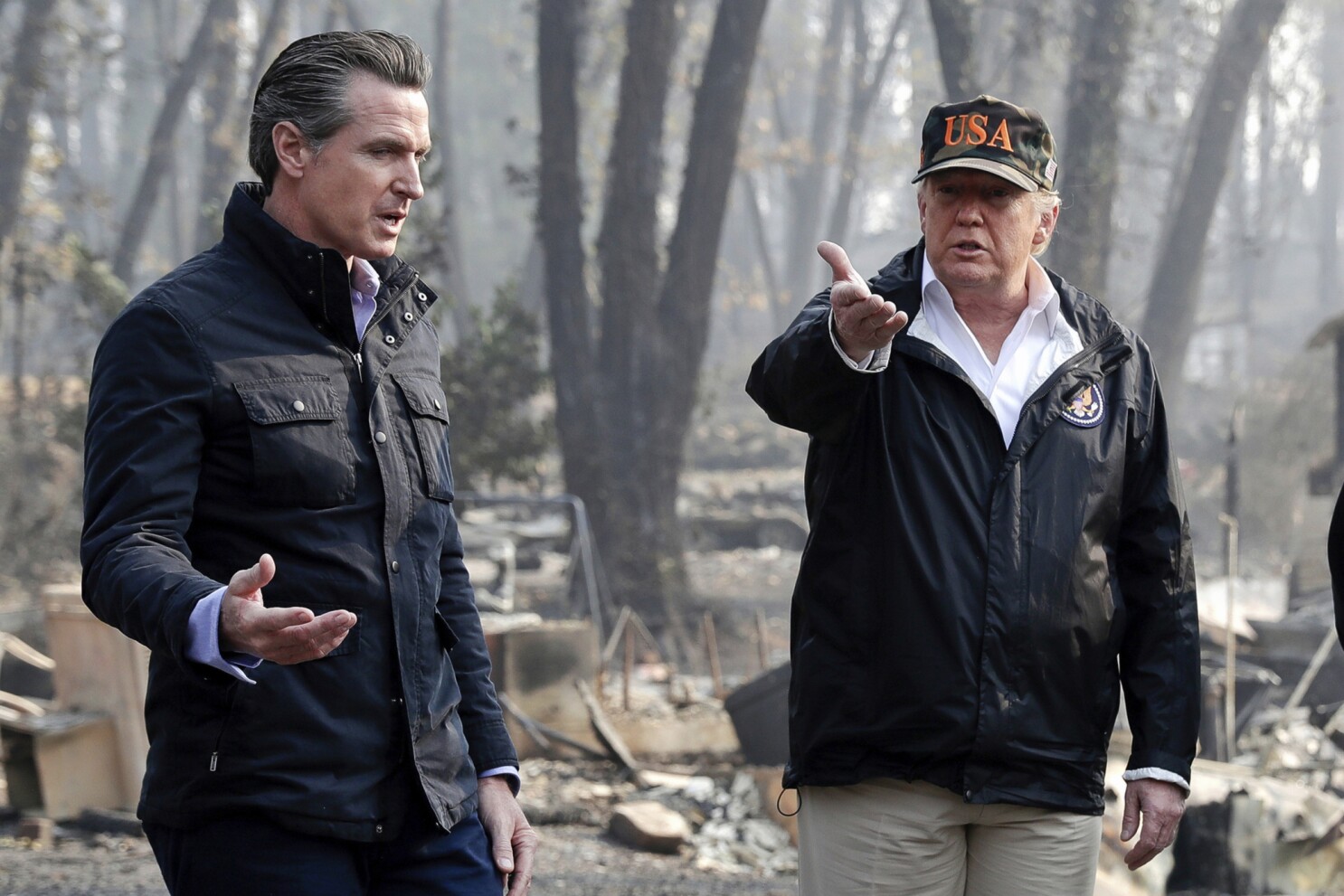
Gavin Newsom and Donald Trump’s clash is not just a political rivalry but a mockery war—revealing how spectacle, satire, and strategy shape democracy’s future.

Buckingham Palace’s decision to strip a royal of titles is not a scandal — it is a system recalibrating itself in public view. What this moment teaches us about ethics, identity, and institutional evolution.
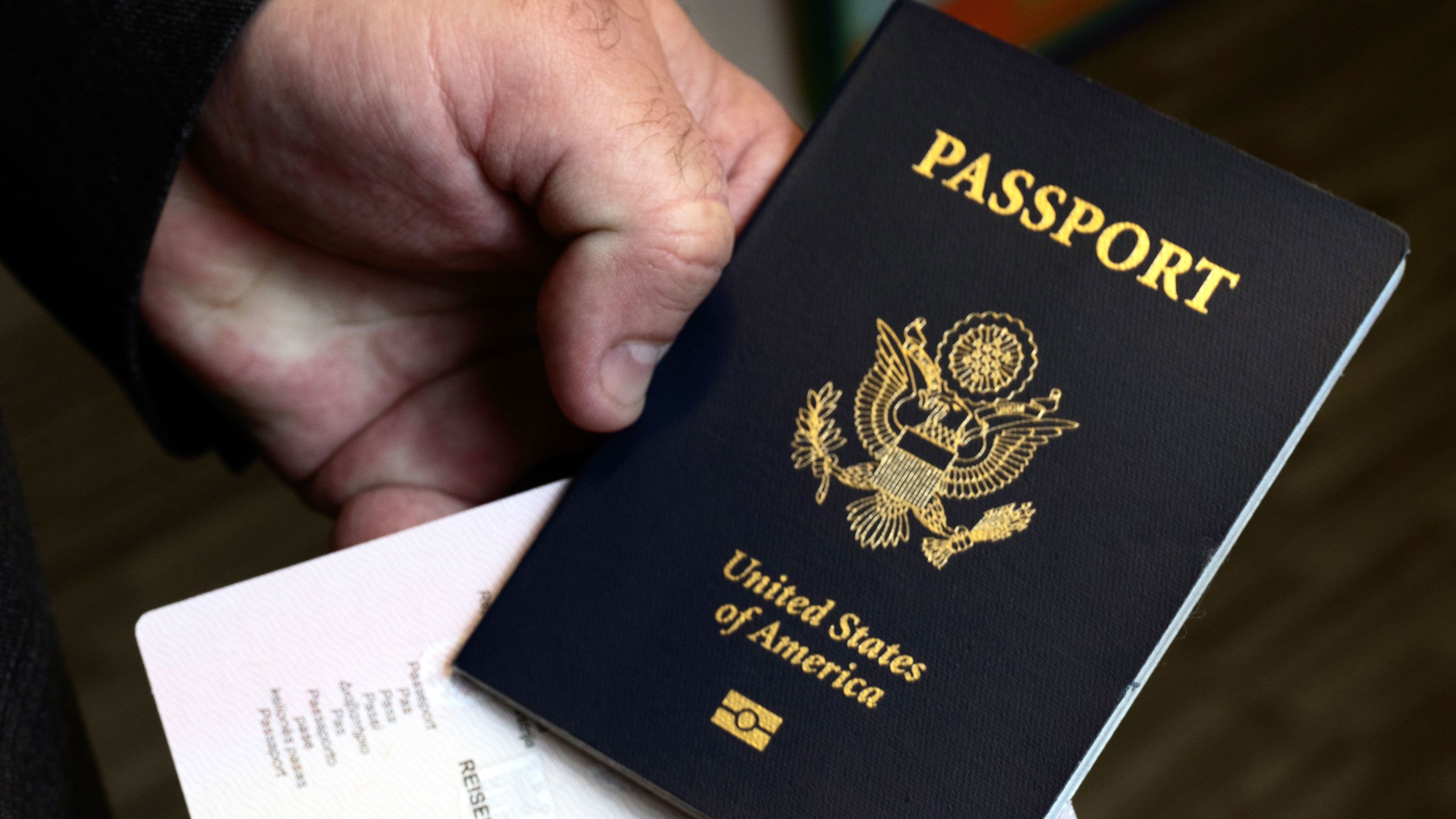
The U.S. Supreme Court’s reinstatement of restrictions on gender-inclusive passports has reignited a quiet crisis of belonging. It is not simply about travel. It is about who decides the architecture of identity—and whether selfhood must pass through permission.

In a multipolar world, power and influence are no longer separate. Their interdependence defines global politics—reshaping alliances, narratives, and the logic of survival.
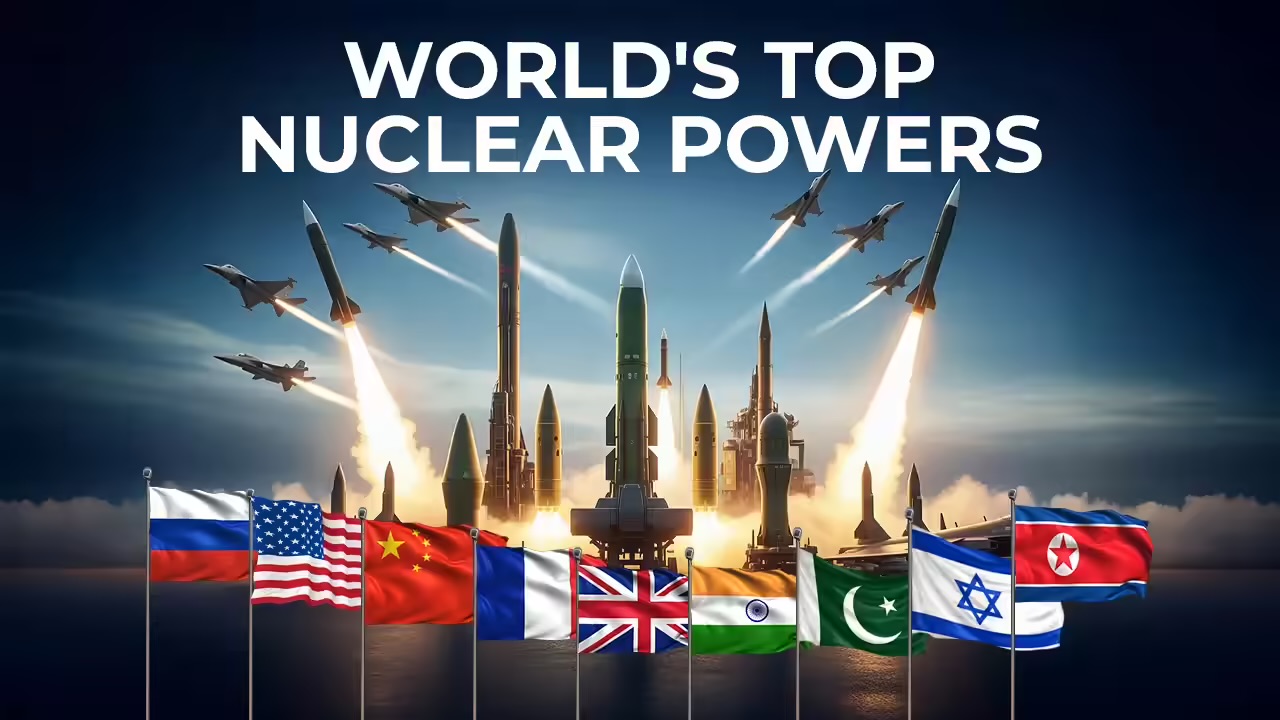
Across the globe, nuclear energy provides nearly 10% of electricity. For nations lacking oil or gas, it is lifeline. For those seeking climate goals, it is low-carbon bridge. France relies on nuclear for stability. Japan, despite Fukushima, reopens reactors. Developing nations look to nuclear as promise of modernisation.

AI is becoming the ultimate political weapon — not through violence, but through persuasion. As synthetic media blurs truth, democracy faces a new cold war: one fought through algorithms, attention, and belief.
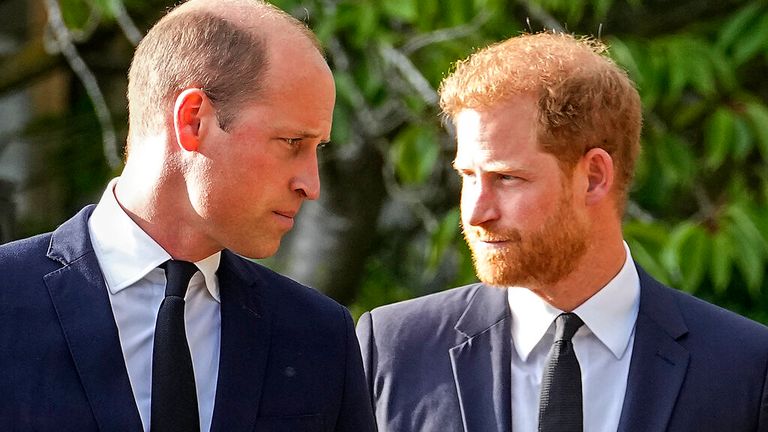
Prince William and Prince Harry’s fractured relationship is more than a family rift—it is a mirror of monarchy, media, and the fragile future of tradition.
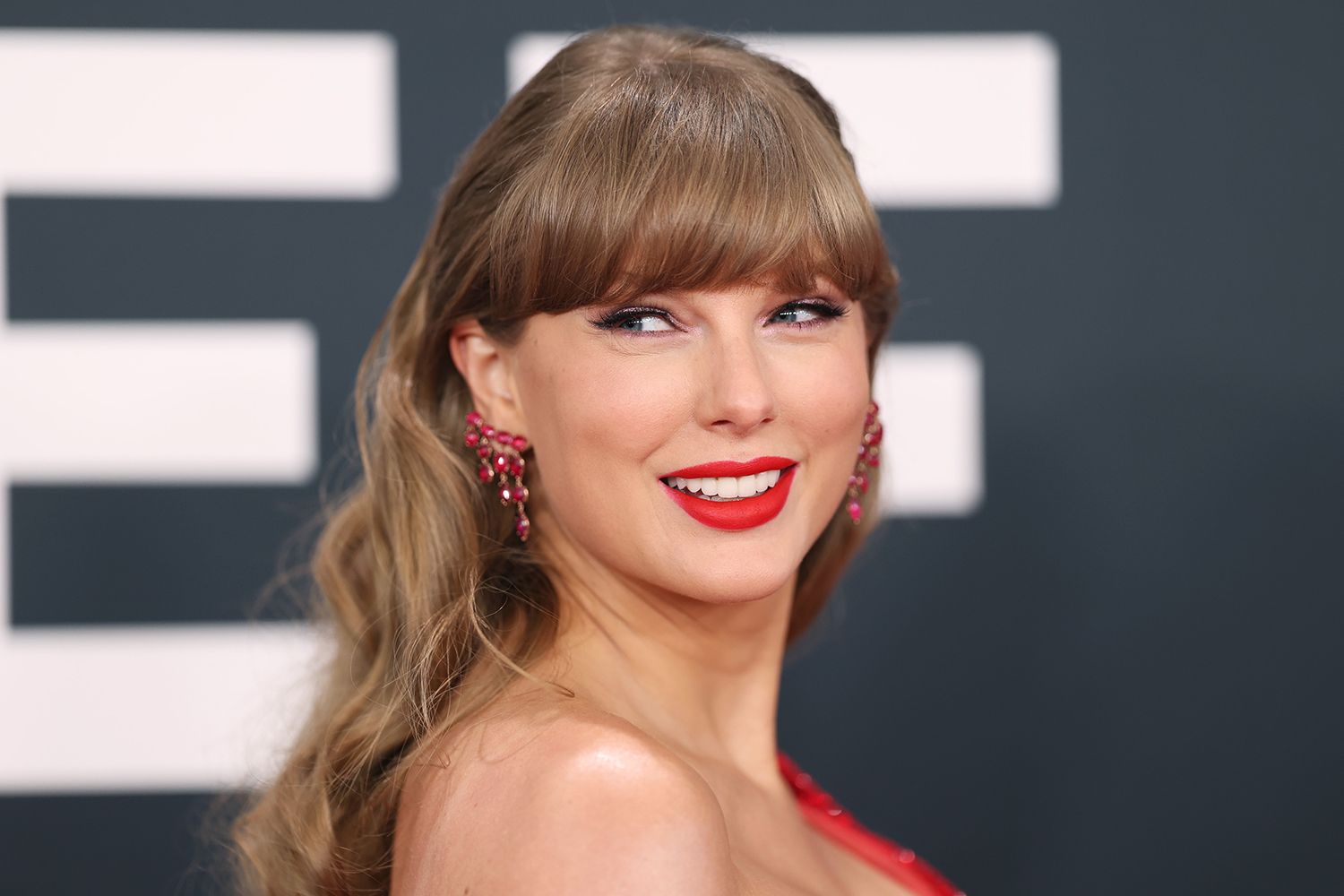
Explore why Taylor Swift matters—her music, influence, finances, philanthropy, and her engagement to Travis Kelce. A cultural force shaping global economics, storytelling, and love.

Wellington is a capital city that resists spectacle in favour of substance. From the civic intelligence embedded in Te Papa to the unselfconscious creativity of Cuba Street, from restrained fine dining to the disciplined wines of Martinborough, the city reveals a culture built on coherence, ethics, and lived design. This editorial captures Wellington as it is experienced—not consumed—through architecture, food, landscape, and quiet power.
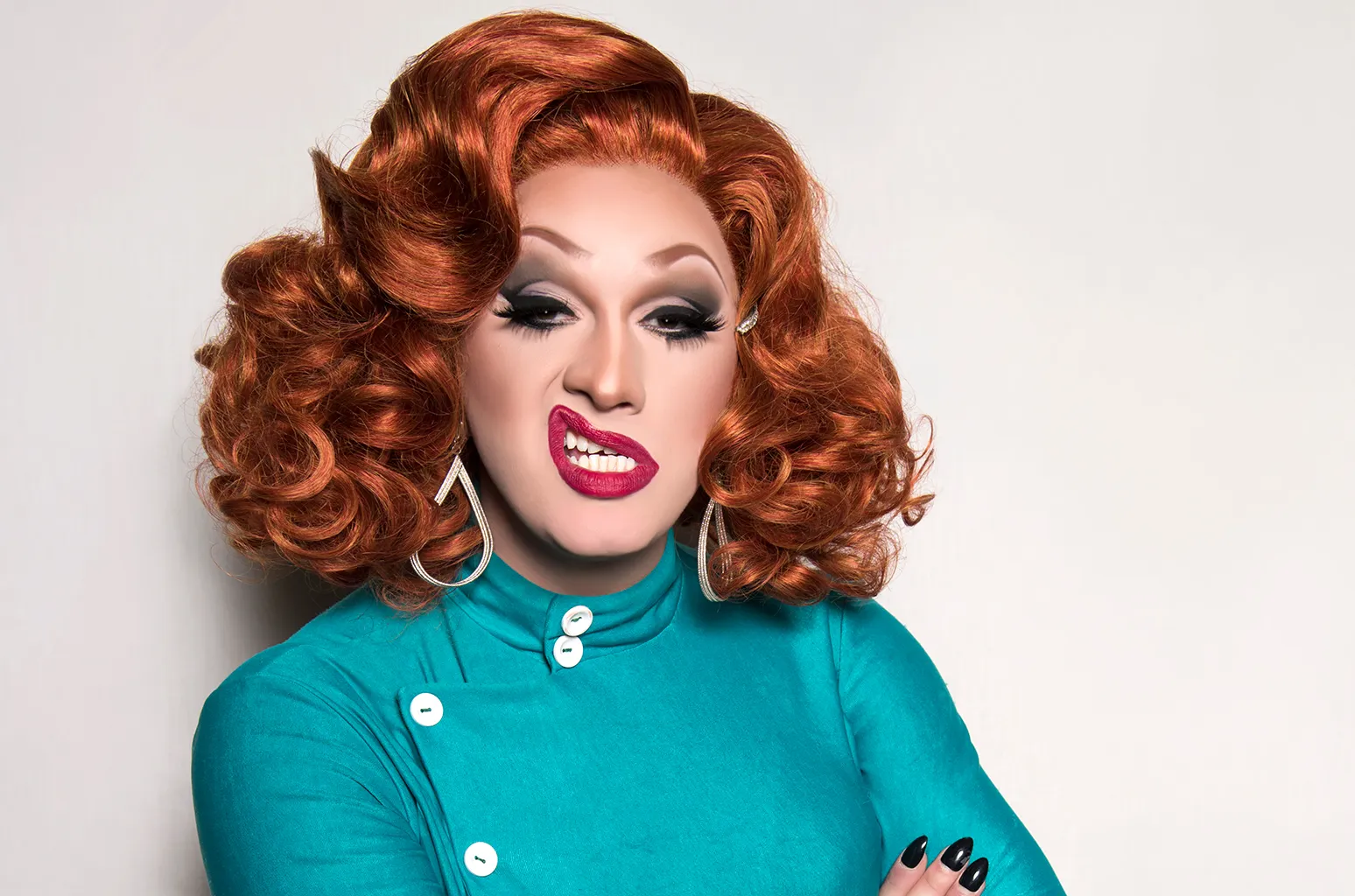
Beyond sequins and lip-syncs, RuPaul’s Drag Race is a masterclass in intelligence — emotional, creative, and systemic. Through it, we learn that performance is not deception; it is design — the architecture of selfhood.

We didn’t discover a fountain of youth. We discovered something more dangerous: a toggle—a way to make time negotiable inside a cell, without erasing what the cell is. A research team at the Babraham Institute reported a method that rewinds the molecular age of human skin cells by roughly three decades—while allowing those cells to regain their specialised identity. It’s early-stage science, performed in vitro, and it does not make humans 30 years younger. But it does redraw the map of what “age” even means. Babraham Institute
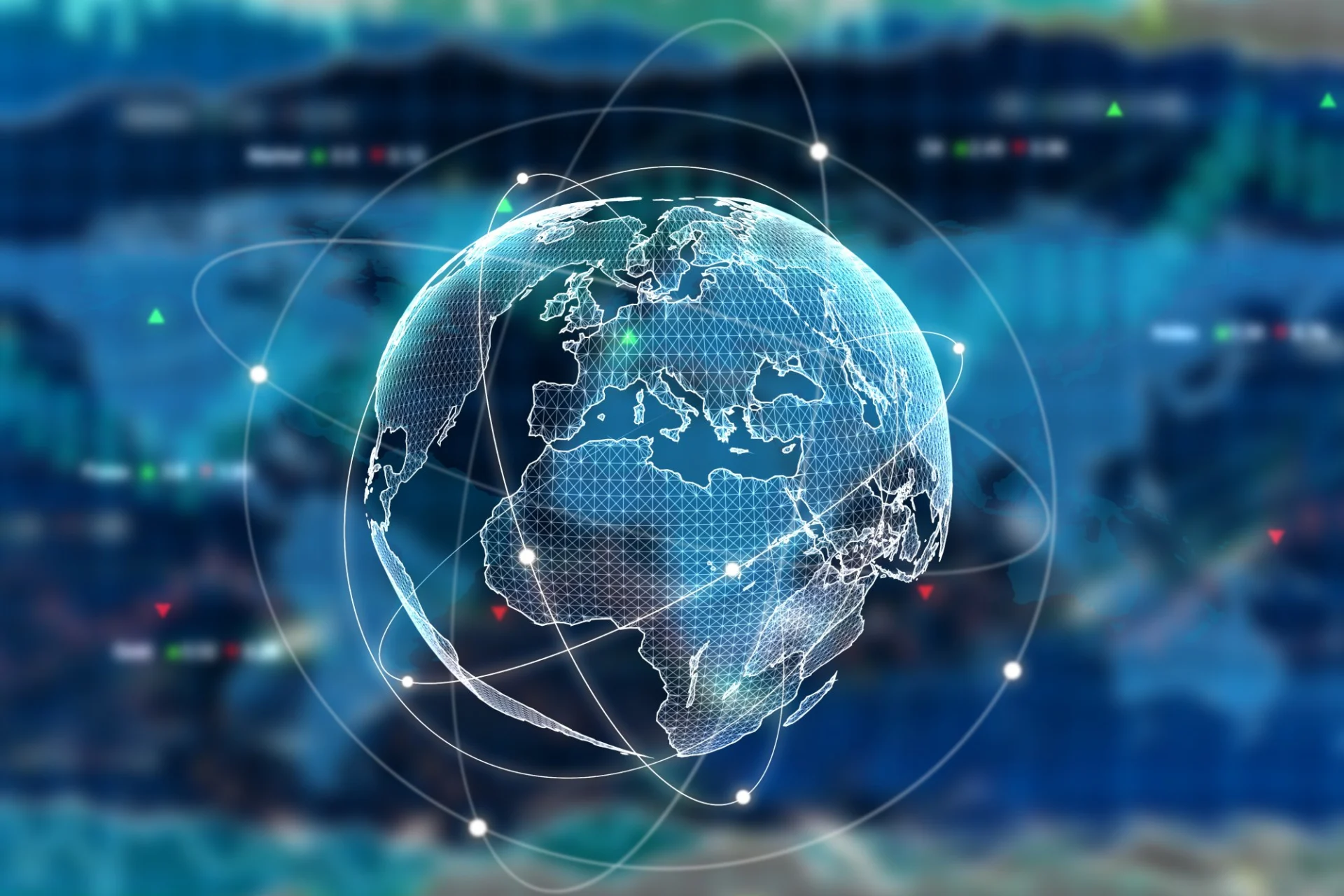
The global economy is changing fast. Courtroom ruling that reduced his killing to “just murder” may comfort statute books. But markets are not ruled by statute—they are ruled by sentiment. And sentiment is fragile.
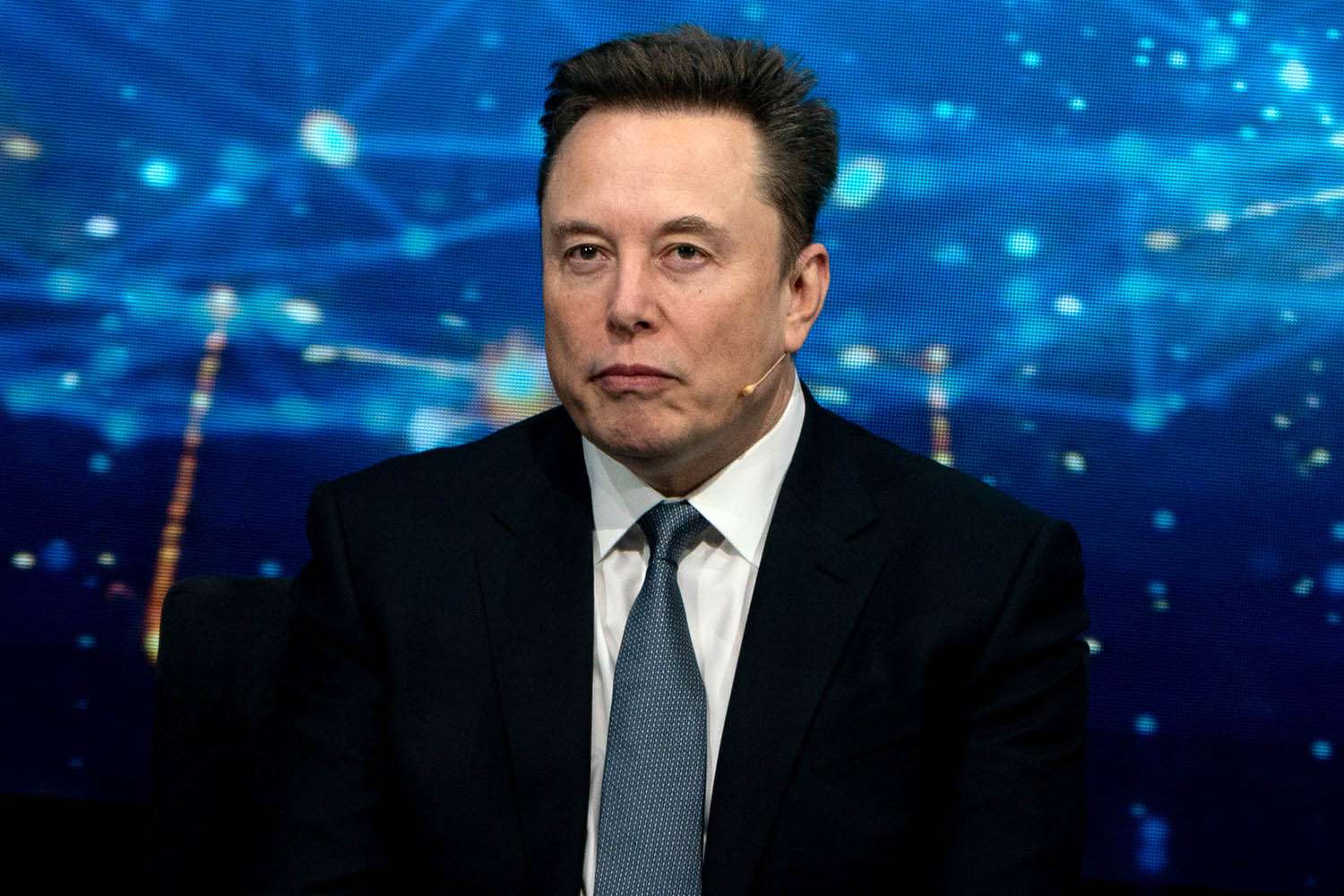
Elon Musk’s warning to Donald Trump at Charlie Kirk’s memorial reveals the convergence of tech power, populist politics, and the fragile state of democracy in 2025.

The cult of busyness has collapsed. After decades of worshipping acceleration, humanity is finally confronting the illusion that motion equals meaning. The future of productivity will not be measured in speed, but in stillness — in how intelligently we design time, attention, and the architecture of work itself.
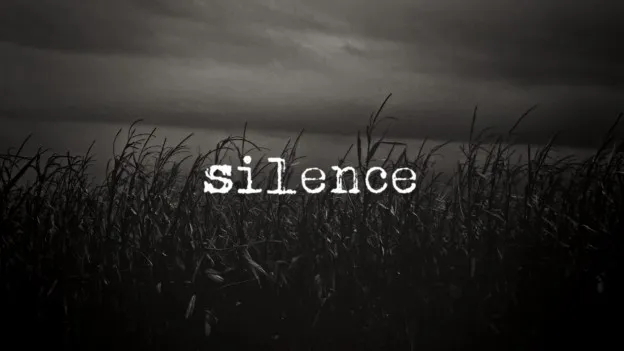
Silence has become the rarest sound in civilisation. In cities designed for velocity and screens designed for noise, stillness is treated as failure. Yet silence, when consciously designed, becomes the highest form of intelligence — the architecture of alignment between thought, body, and being. “Silence is not the absence of sound — it is the presence of understanding.”— Kelly Dowd, The Power of HANDS (2025)
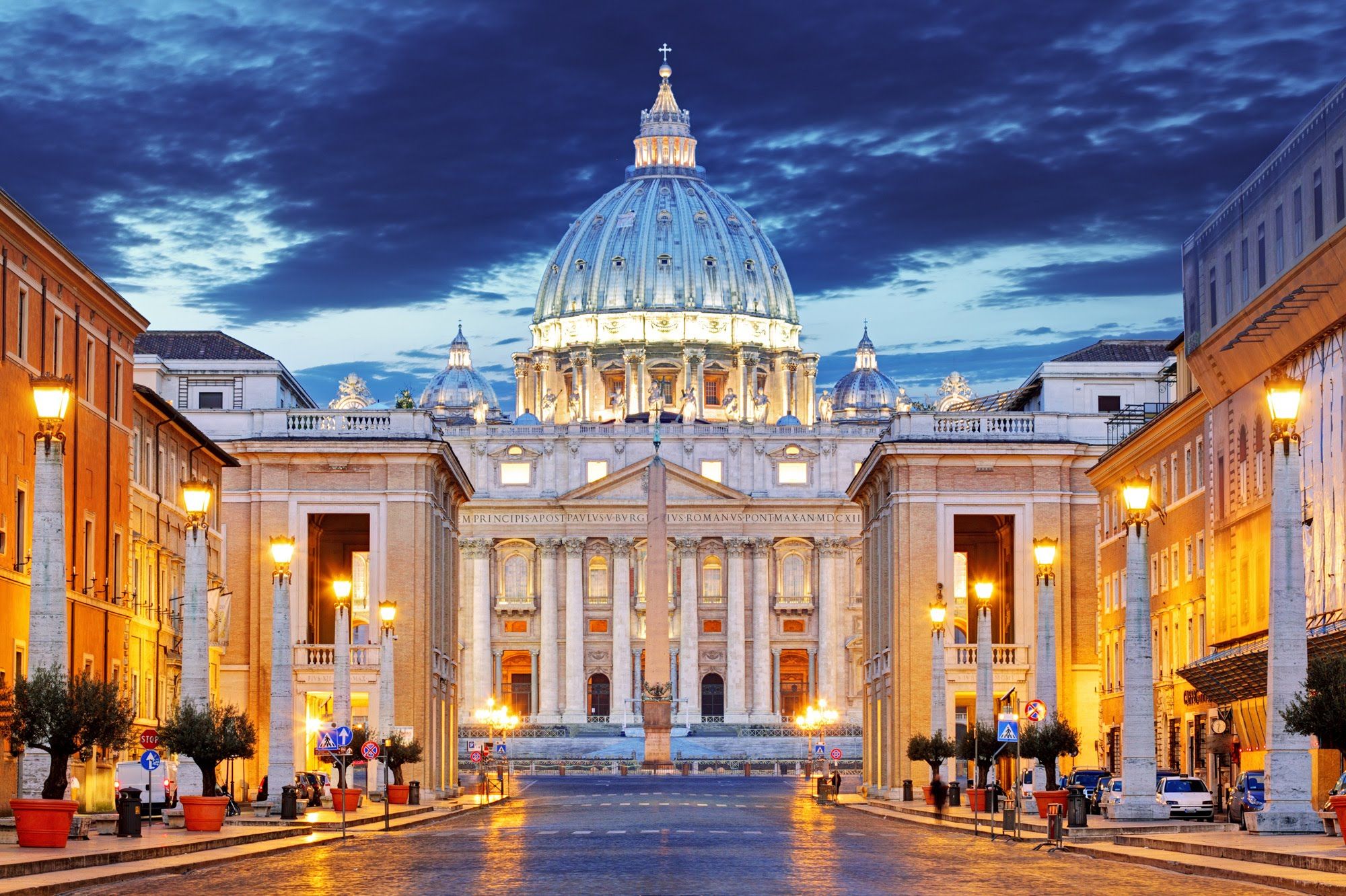
Artificial Intelligence is no longer a tool — it is an ecosystem of meaning. As machines learn empathy, humanity must rediscover its own. The next evolution of civilisation will depend not on who builds the most advanced AI, but on who teaches it to feel, discern, and honour the sacred architecture of life. “Intelligence without empathy becomes tyranny. Technology without ethics becomes theology.” — Kelly Dowd, The Power of HANDS (2025)
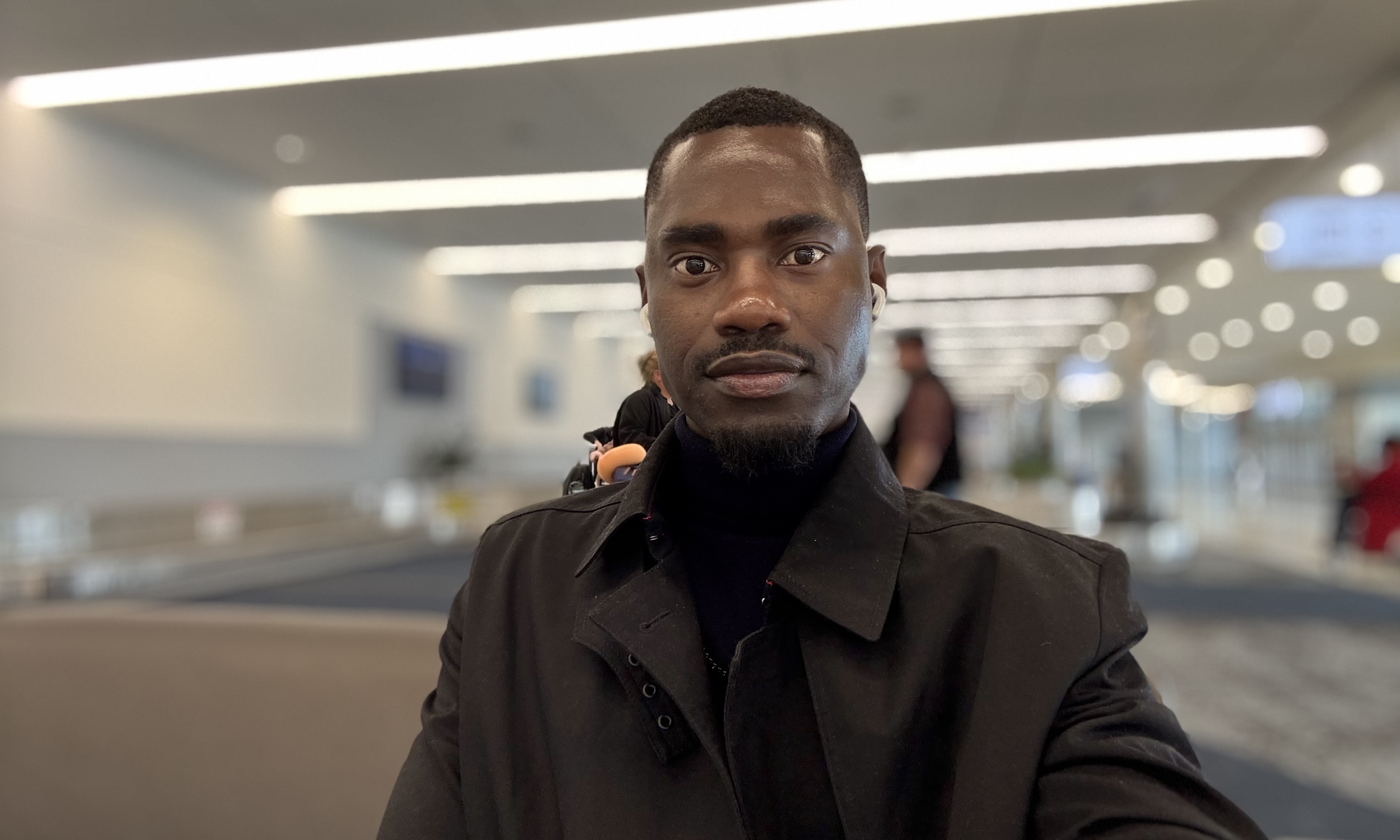
The 21st-century economy stands at an inflection point: profit without purpose has reached its natural limit. The future of capitalism depends not on extraction, but on empathy — the design of systems that create coherence between People, Planet, Pragmatism, and Profit. “Empathy isn’t soft — it’s systemic infrastructure.” — Kelly Dowd, The Power of HANDS (2025)
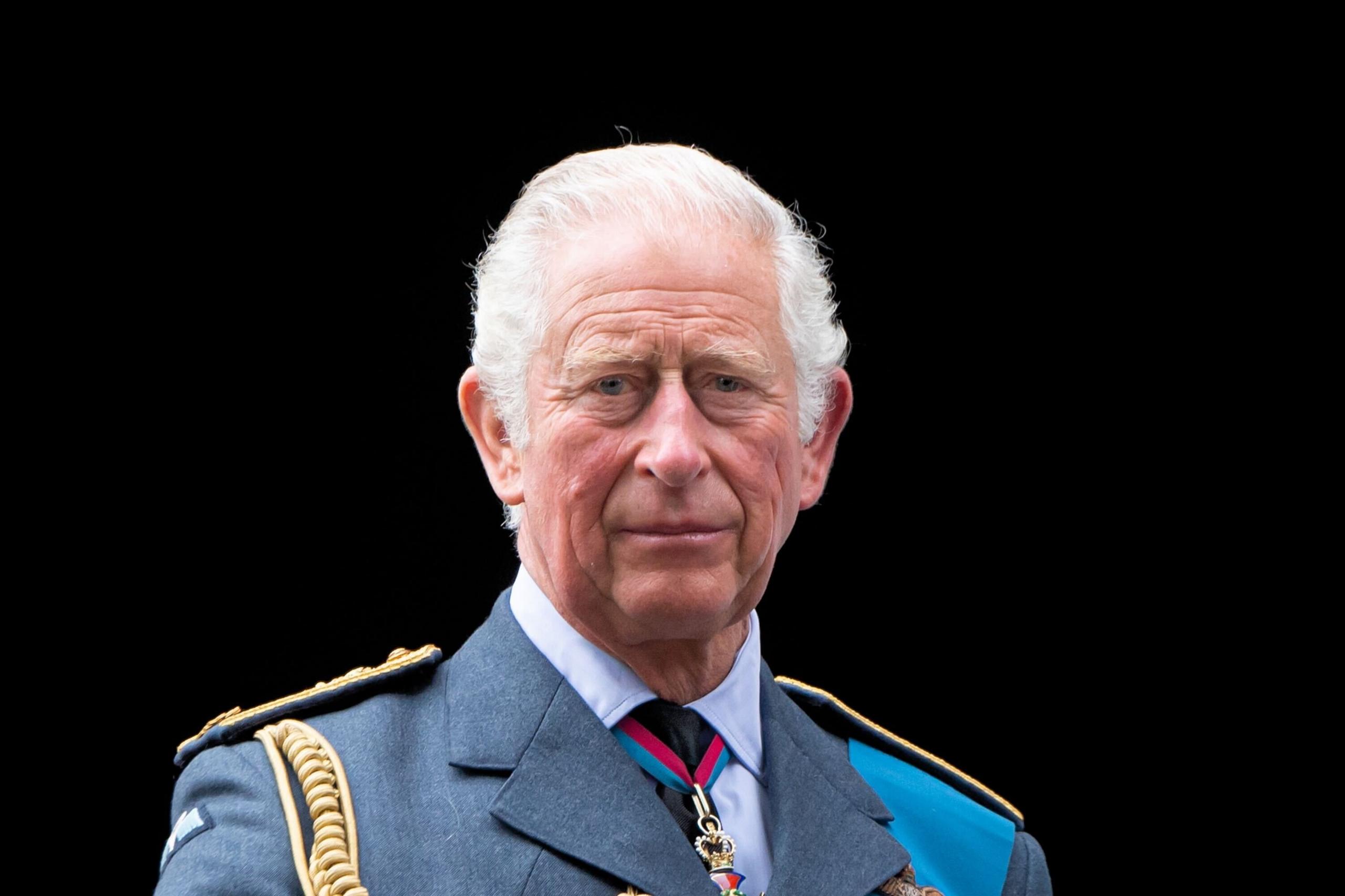
The Top Royals — Buckingham Palace’s decision to strip a royal of titles is not a scandal — it is a system recalibrating itself in public view. What this moment teaches us about ethics, identity, and institutional evolution.
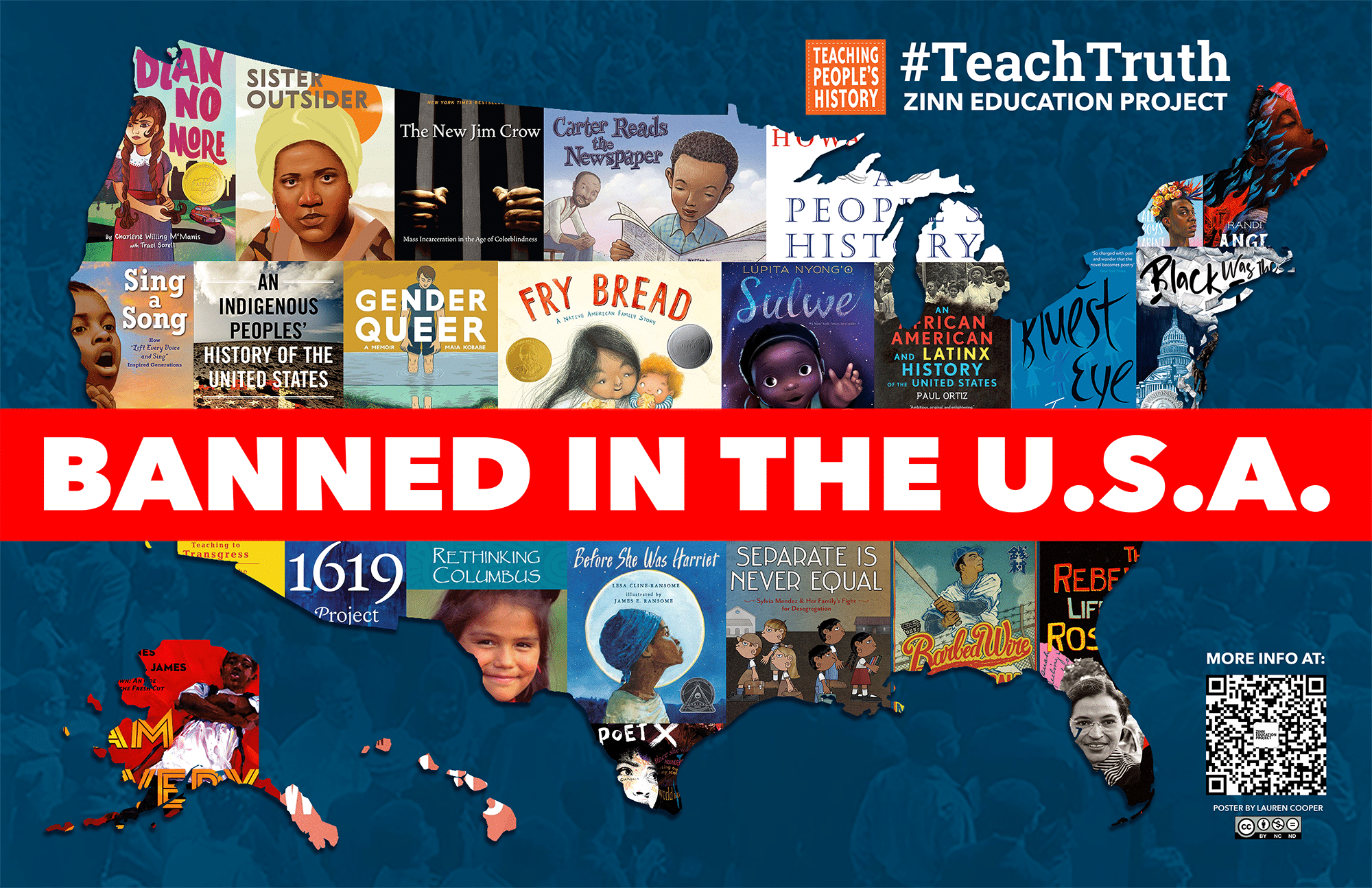
The crisis in education is not a failure of funding—it is a design failure of philosophy. Around the world, intelligence has become political, teachers have become targets, and truth itself has become negotiable. The war on education is the quietest, most consequential conflict of our time.
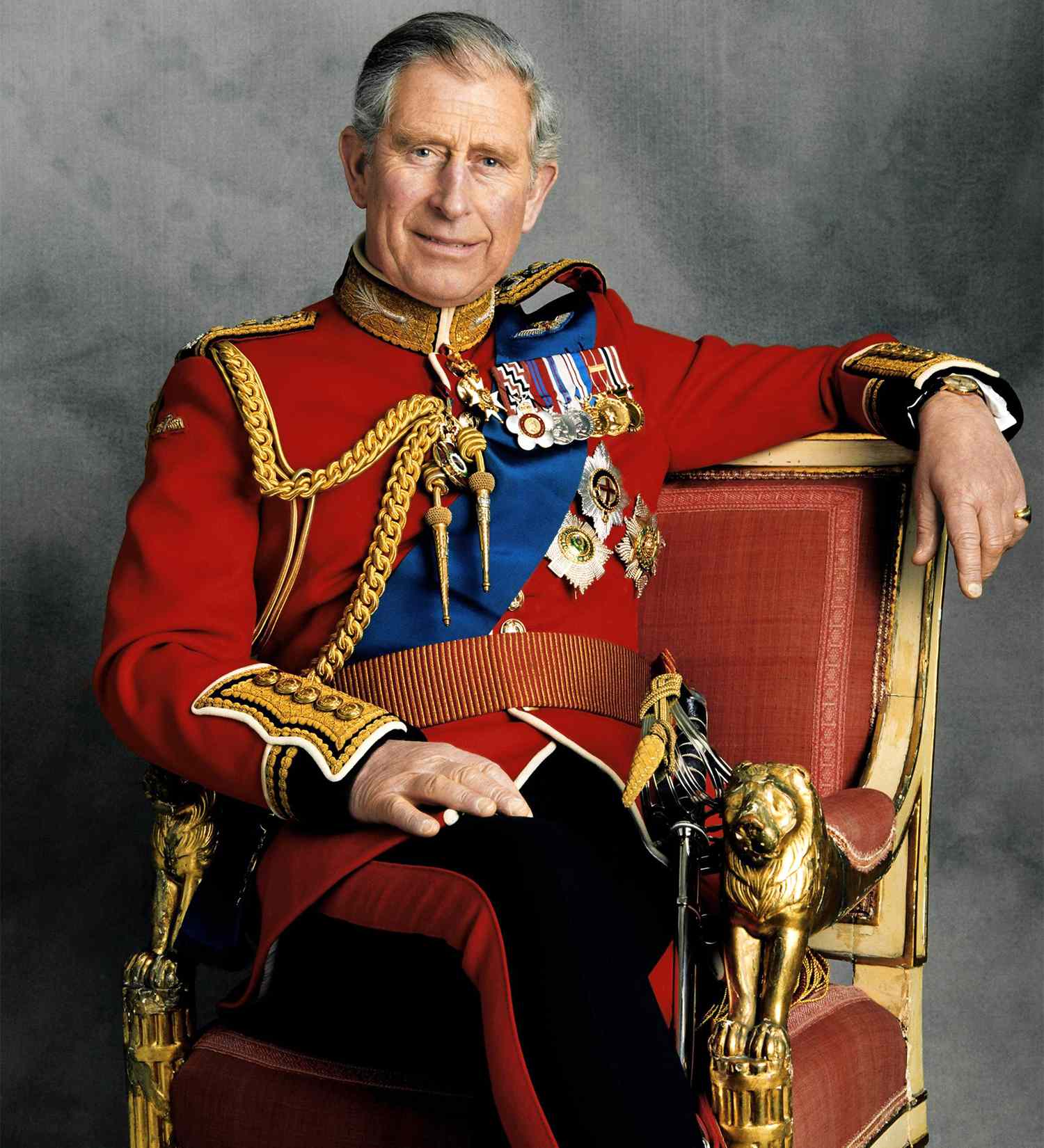
The modern monarchy is not dying — it is rebranding. From Britain to the Middle East, royal families are no longer the relics of divine right but the architects of soft power, balancing scandal and strategy in equal measure. Behind every gilded portrait lies a quiet rebellion against irrelevance.

When celebrity romance becomes a public performance, intimacy itself becomes a brand. The Coldplay couple — Chris Martin and Dakota Johnson — illustrate how modern love is not merely felt but curated, a choreography of presence for an algorithmic world.
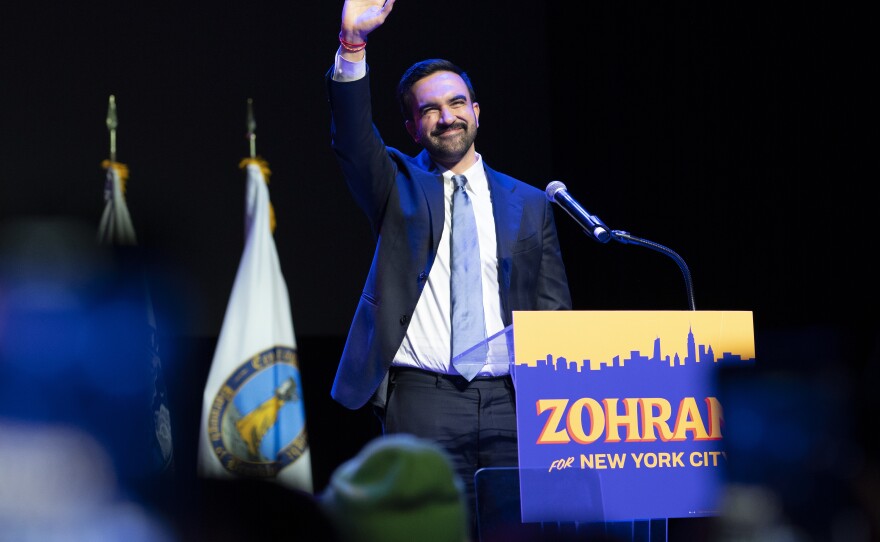
Zohra Mamdani’s election as New York City’s new mayor is being called a generational shift. But his victory is more than political—it is philosophical. In a time when charisma has replaced competence and outrage has replaced order, Mamdani represents the quiet return of leadership rooted in empathy, equity, and systemic design.

When forty-three laboratory monkeys escaped from a U.S. biomedical research facility this year, headlines treated it as absurd news. It wasn’t. It was a parable — of a civilisation that still mistakes cruelty for curiosity and control for knowledge.

Elon Musk’s $56 billion pay package, restored by Tesla shareholders after court challenges, made global headlines. But beneath the spectacle lies a deeper design flaw: the hero economy. In worshipping visionaries, capitalism has built cathedrals without conscience.
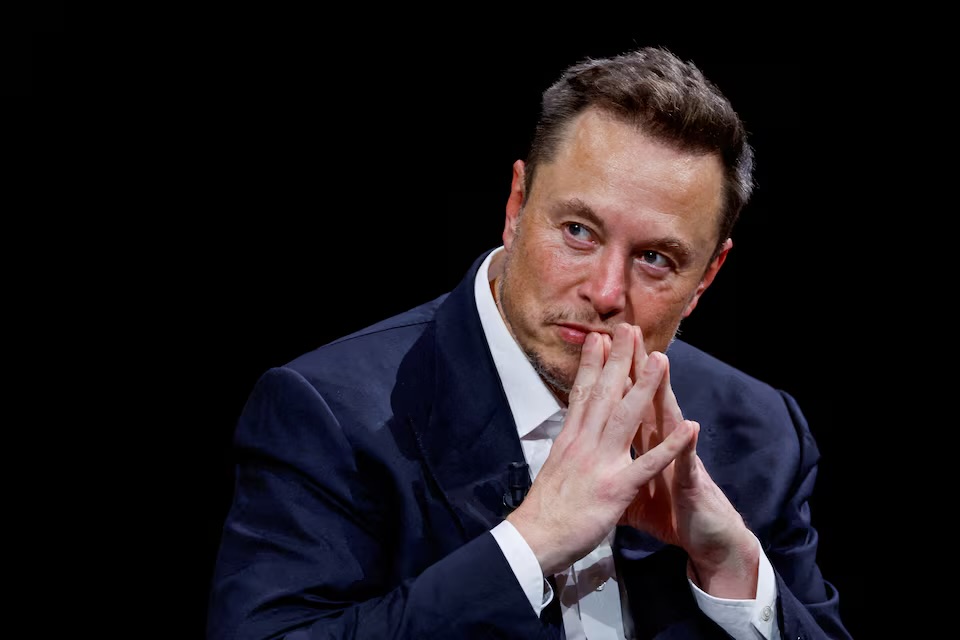
Elon Musk’s $56 billion pay package, restored by Tesla shareholders after court challenges, made global headlines. But beneath the spectacle lies a deeper design flaw: the hero economy. In worshipping visionaries, capitalism has built cathedrals without conscience.

The U.S. Supreme Court’s reinstatement of restrictions on gender-inclusive passports has reignited a quiet crisis of belonging. It is not simply about travel. It is about who decides the architecture of identity—and whether selfhood must pass through permission.

A U.S. federal judge’s ruling to compel the reinstatement of food aid funding is more than a legal victory — it is a moral reckoning. Hunger, as this decision reveals, is never a natural disaster. It is a policy design flaw.

In an era addicted to outrage, the Democrats’ resurgence in 2025 did not arrive with spectacle but with structure. Beneath the surface of social media drama, a silent recalibration unfolded — a lesson in operational intelligence for a democracy under strain.

When Mexico’s President Claudia Sheinbaum pressed charges after being groped during a public event, the gesture reverberated far beyond Mexico City. It was not the reaction of a victim, but the assertion of a leader—an act that reframed consent, dignity, and power in one move. “No one, not even the President, should normalise disrespect.” — Claudia Sheinbaum, Mexico City, 2025

When Billie Eilish told a room full of billionaires to give their money away, she didn’t just make headlines — she reframed the ethics of wealth. In an age of excess, her words reminded us that empathy is innovation, and conscience is the new currency.

Buckingham Palace’s decision to strip a royal of titles is not a scandal — it is a system recalibrating itself in public view. What this moment teaches us about ethics, identity, and institutional evolution.
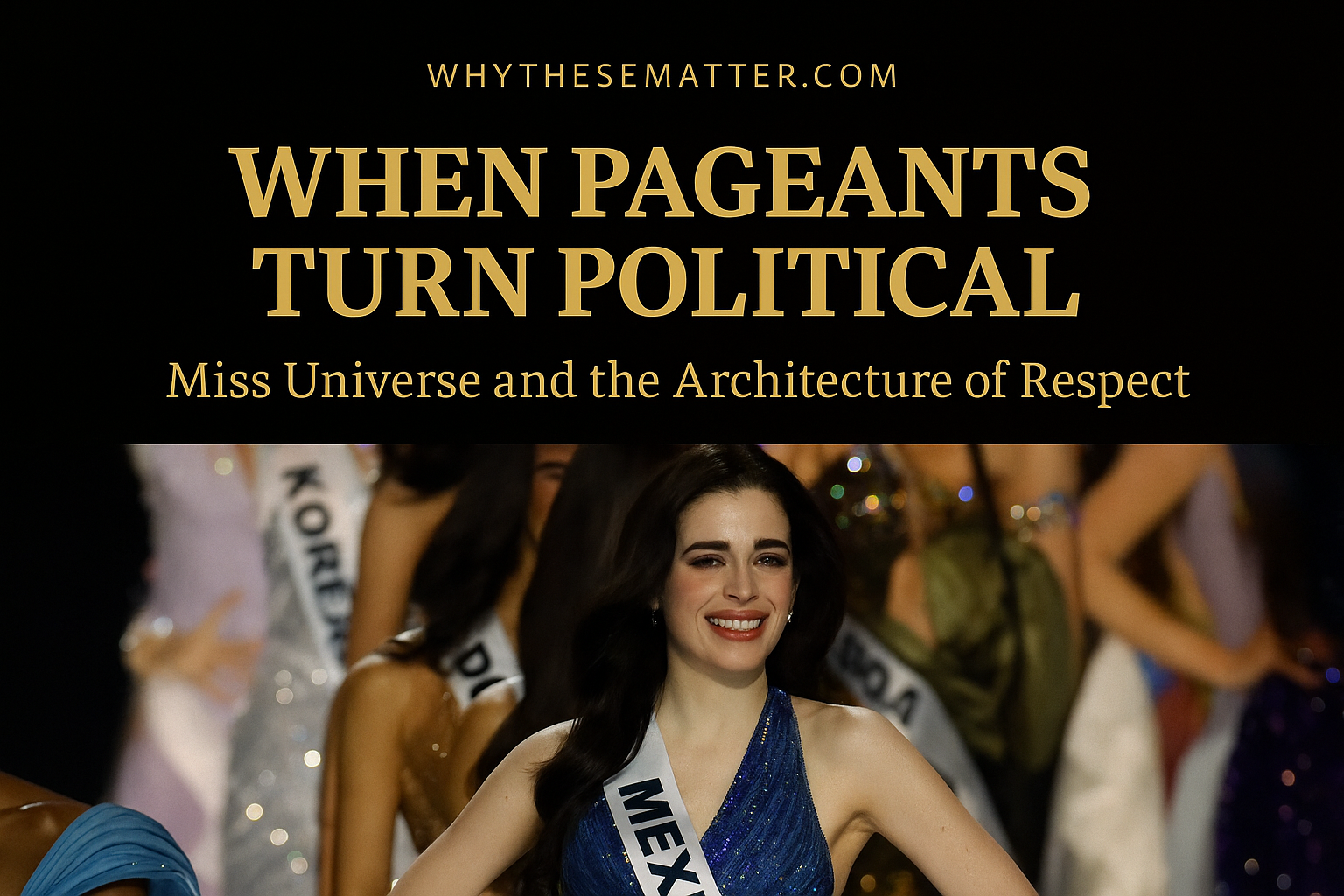
A walk-out at the Miss Universe 2025 orientation in Thailand reveals that modern pageantry is no longer about beauty—it’s about human dignity, agency, and the design of respect. This moment offers a blueprint for how global culture must recalibrate its structures of representation. “I’m here representing a country and it’s not my fault that you have problems with my organisation.”— Fátima Bosch, Miss Universe Mexico

Agentic AI marks a new epoch of technology — not systems that answer, but systems that act. The emergence of autonomous intention will redefine work, ethics, governance, and even the architecture of thought itself.

AI is reshaping medicine from diagnostic tool to empathic collaborator — a transformation that redefines care, ethics, and the essence of healing itself.

The integration of AI into architecture is redefining cities as living organisms — self-adaptive, climate-conscious, and emotionally intelligent. The future of design is not construction; it is cognition.

AI is transforming fashion from aesthetic industry to intelligent ecosystem—where clothing becomes data interface, and identity becomes co-designed intelligence.

The entertainment industry’s future is no longer about content creation. It is about the colonisation of consciousness — a transition from attention economies to immersive emotional ecosystems.

Beneath the noise of ChatGPT clones, tech hype, and market speculation lies the silent revolution of AI — the one that reshapes governance, identity, and trust. This is the story of the unseen singularity.

AI is becoming the ultimate political weapon — not through violence, but through persuasion. As synthetic media blurs truth, democracy faces a new cold war: one fought through algorithms, attention, and belief.
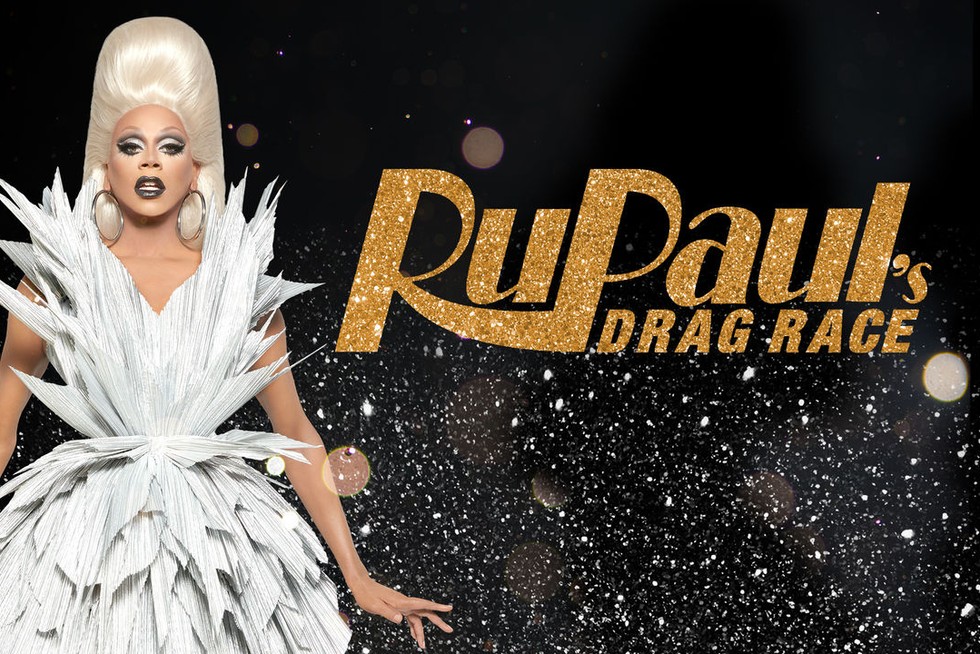
Beyond sequins and lip-syncs, RuPaul’s Drag Race is a masterclass in intelligence — emotional, creative, and systemic. Through it, we learn that performance is not deception; it is design — the architecture of selfhood.

At the intersection of brain chemistry and human longing, intimacy between men reveals a landscape of vulnerability, reward, and identity. This article delves into how neural circuits, hormonal dynamics, and psychological frameworks undergird male-male intimacy—why it matters, why it unsettles, and why it offers one of the deepest paths to self-knowledge and human connection. By combining neuroscience, endocrinology, and relational psychology, this piece argues that male intimacy is not a peripheral luxury but a core human imperative: a frontier where biology and spirit collide.

An iconic rock musician cancels shows after receiving credible threats. What does this mean for freedom of expression, cultural dissent, and democracy in an age of polarization?

The indictment of former FBI Director James Comey reverberates beyond politics — carrying an implicit warning to Supreme Court justices about independence, legitimacy, and the future of American law.

Elon Musk’s warning to Donald Trump at Charlie Kirk’s memorial reveals the convergence of tech power, populist politics, and the fragile state of democracy in 2025.
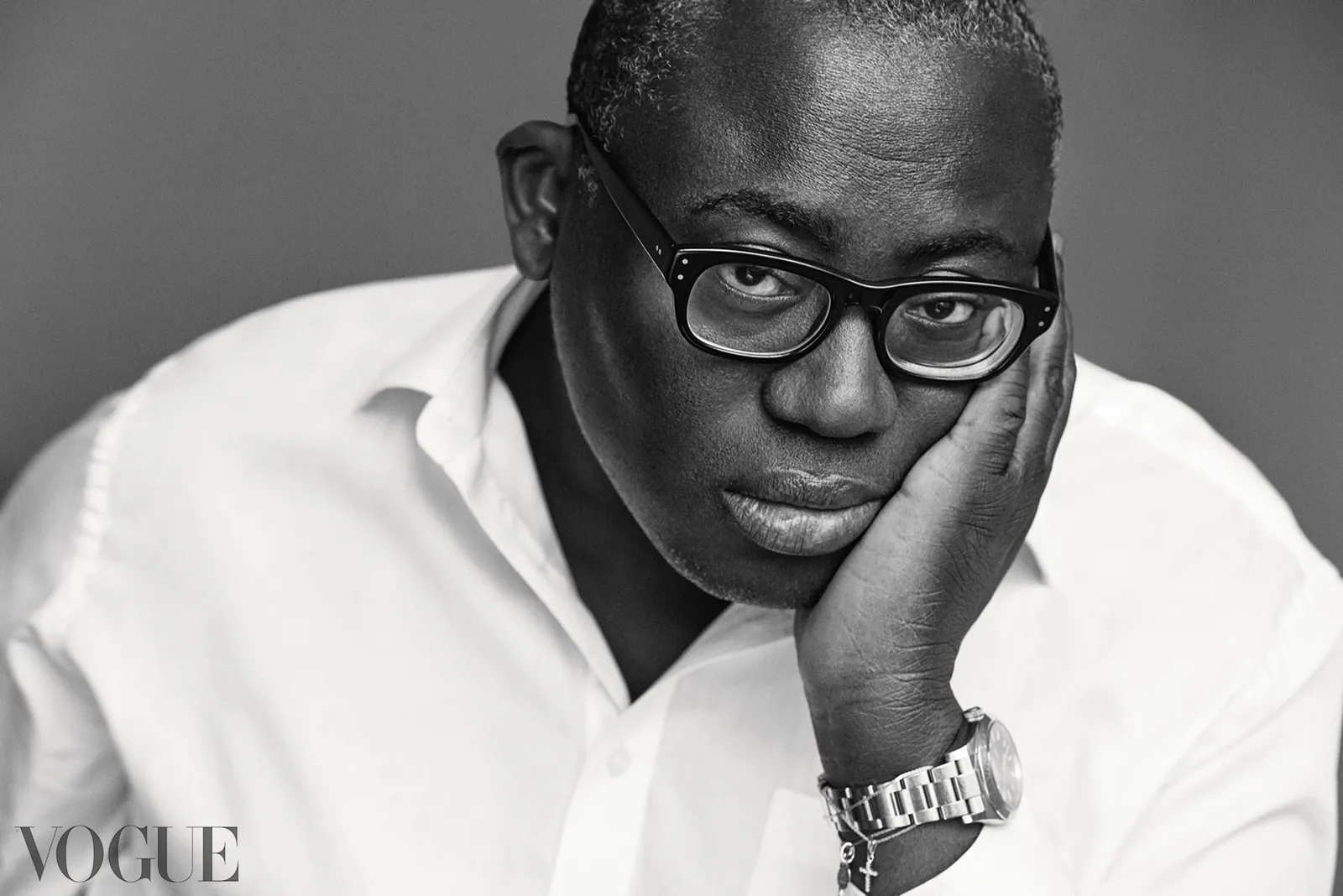
Edward Enninful confirmed that the March 2024 issue will be his last as British Vogue’s editor‑in‑chief . He will stay at Condé Nast as a global creative adviser . This piece reviews his impact on diversity, his influence on global style narratives, and what his new post could mean for fashion’s future.

The Serena Williams cotton decoration controversy reveals how fashion, race, and symbolism intersect in culture—forcing societies to confront history, identity, and power.
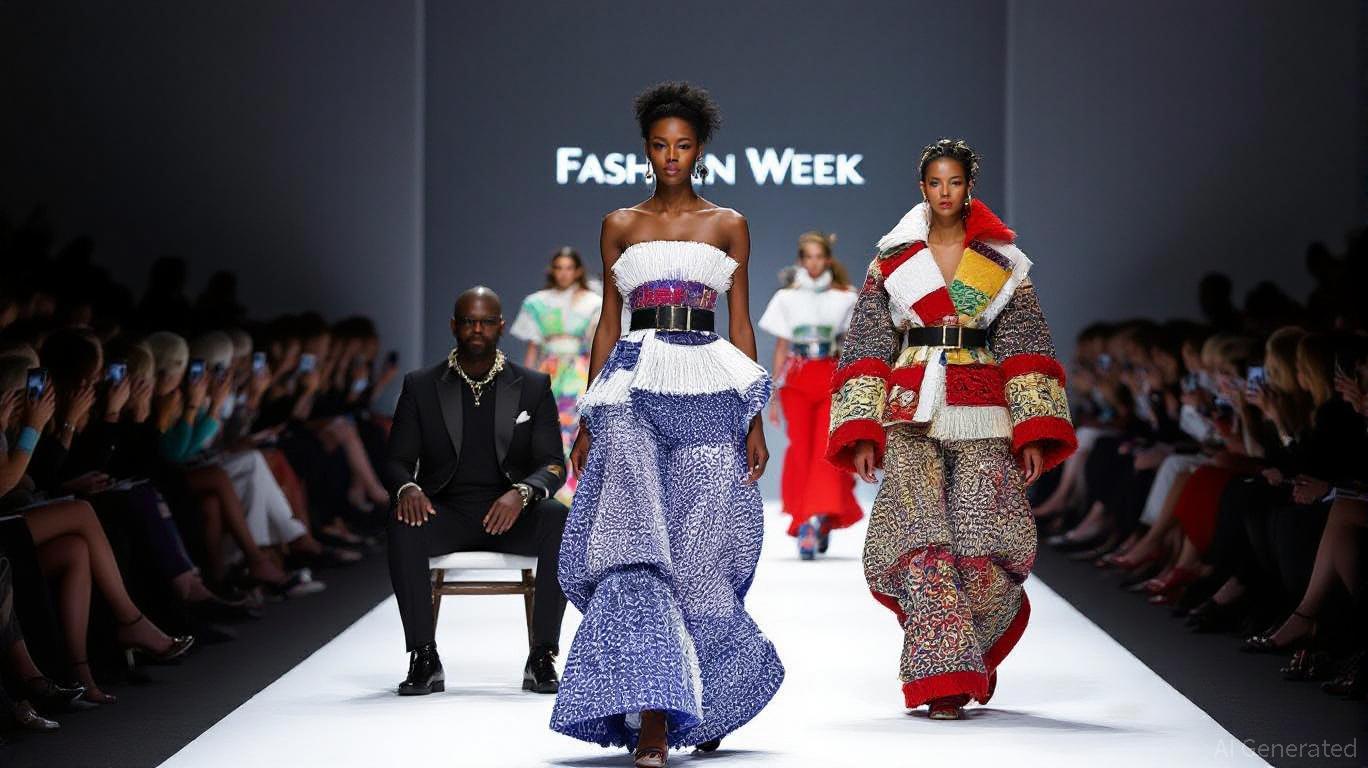
As globalisation shrinks distances, fashion shows have become platforms for education, intercultural dialogue and the celebration of human heritage. This article reveals how each stitch and stride on the runway tells a story and builds bridges between generations.

Prince William and Prince Harry’s fractured relationship is more than a family rift—it is a mirror of monarchy, media, and the fragile future of tradition.

America’s government shutdown debate exposes a fragile democracy where partisan theatre overshadows governance, stability, and global credibility.

Gavin Newsom and Donald Trump’s clash is not just a political rivalry but a mockery war—revealing how spectacle, satire, and strategy shape democracy’s future.

Europe prepares for direct conflict with Russia, exposing fractures in NATO, the EU, and democracy’s ability to withstand authoritarian aggression.

The 7.7 earthquake that shook ancient structures into ruin reveals humanity’s fragility, civilisation’s memory, and the urgent lessons of resilience in an unstable world.

U.S. Supreme Court decisions shape not only American law but also global alliances and the balance of power—revealing the deep interconnection of justice, legitimacy, and geopolitics.

The risk of World War III threatens not only geopolitics but the collapse of global markets. Survival, prosperity, and civilisation itself hang in the balance.

In a multipolar world, power and influence are no longer separate. Their interdependence defines global politics—reshaping alliances, narratives, and the logic of survival.

Nuclear power sits at the intersection of energy, war, and economics. Its role in survival reveals the fragility of global finance, security, and civilisation itself.

As the world shifts from unipolar dominance to multipolar uncertainty, the fragility of allies reveals the limits of trust, unity, and survival in global politics.
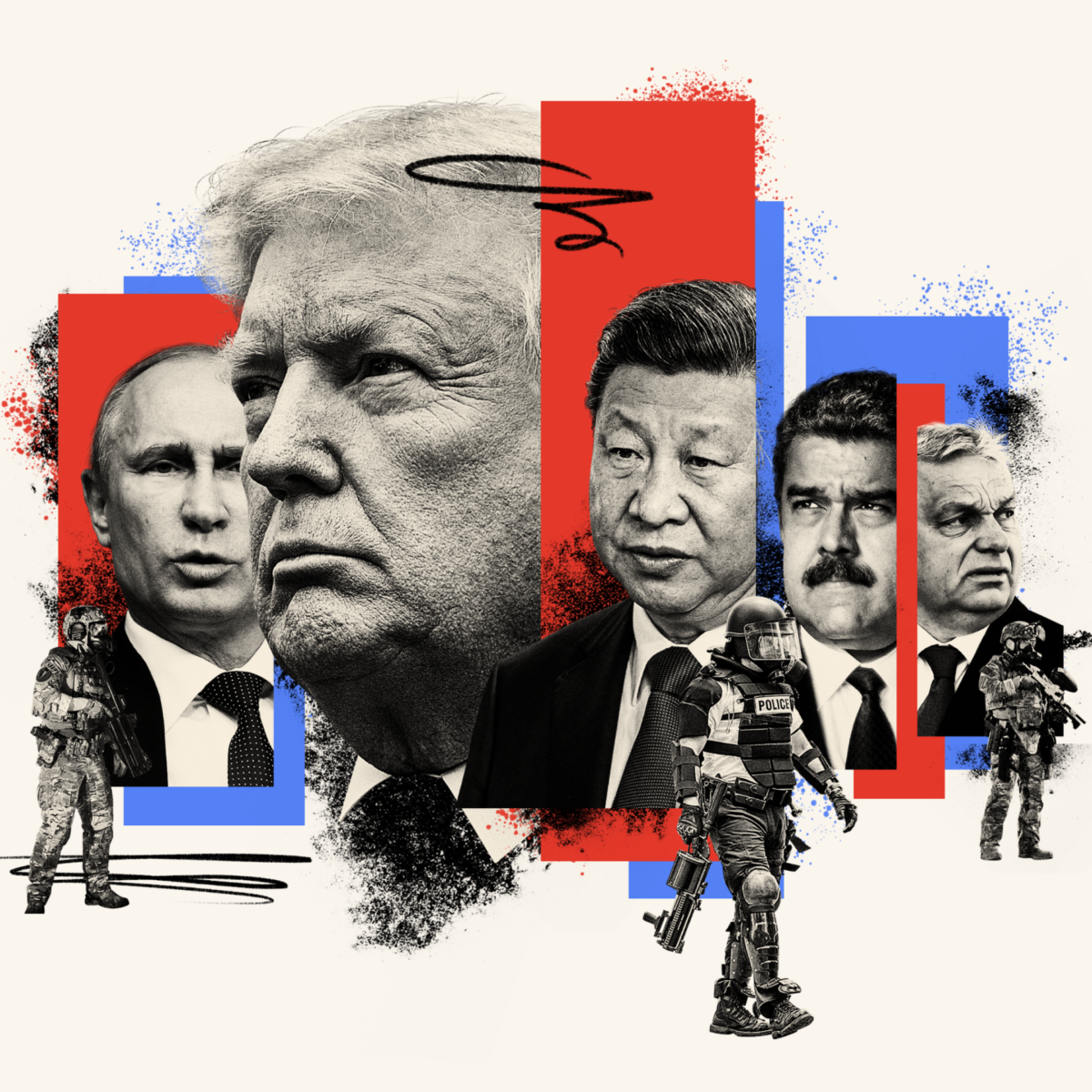
As authoritarianism rises, world leaders face the test of defending democracy. Can resilience and reform save it, or is decline inevitable?

Free speech in America functions like a pendulum. Each suppression sets up a return — but not without cost. The challenge is ensuring that the clock of democracy does not break before the pendulum can swing back.

As globalisation shrinks distances, fashion shows have become platforms for education, intercultural dialogue and the celebration of human heritage. This article reveals how each stitch and stride on the runway tells a story and builds bridges between generations.

Edward Enninful confirmed that the March 2024 issue will be his last as British Vogue’s editor‑in‑chief . He will stay at Condé Nast as a global creative adviser . This piece reviews his impact on diversity, his influence on global style narratives, and what his new post could mean for fashion’s future.

The suspension of Jimmy Kimmel’s show was framed as a matter of taste, decency, and corporate prudence. In reality, it was a warning: if society no longer tolerates risk in comedy, it will soon struggle to tolerate risk in innovation. Comedy is the cultural canary in the coal mine. When it suffocates, innovation is next.
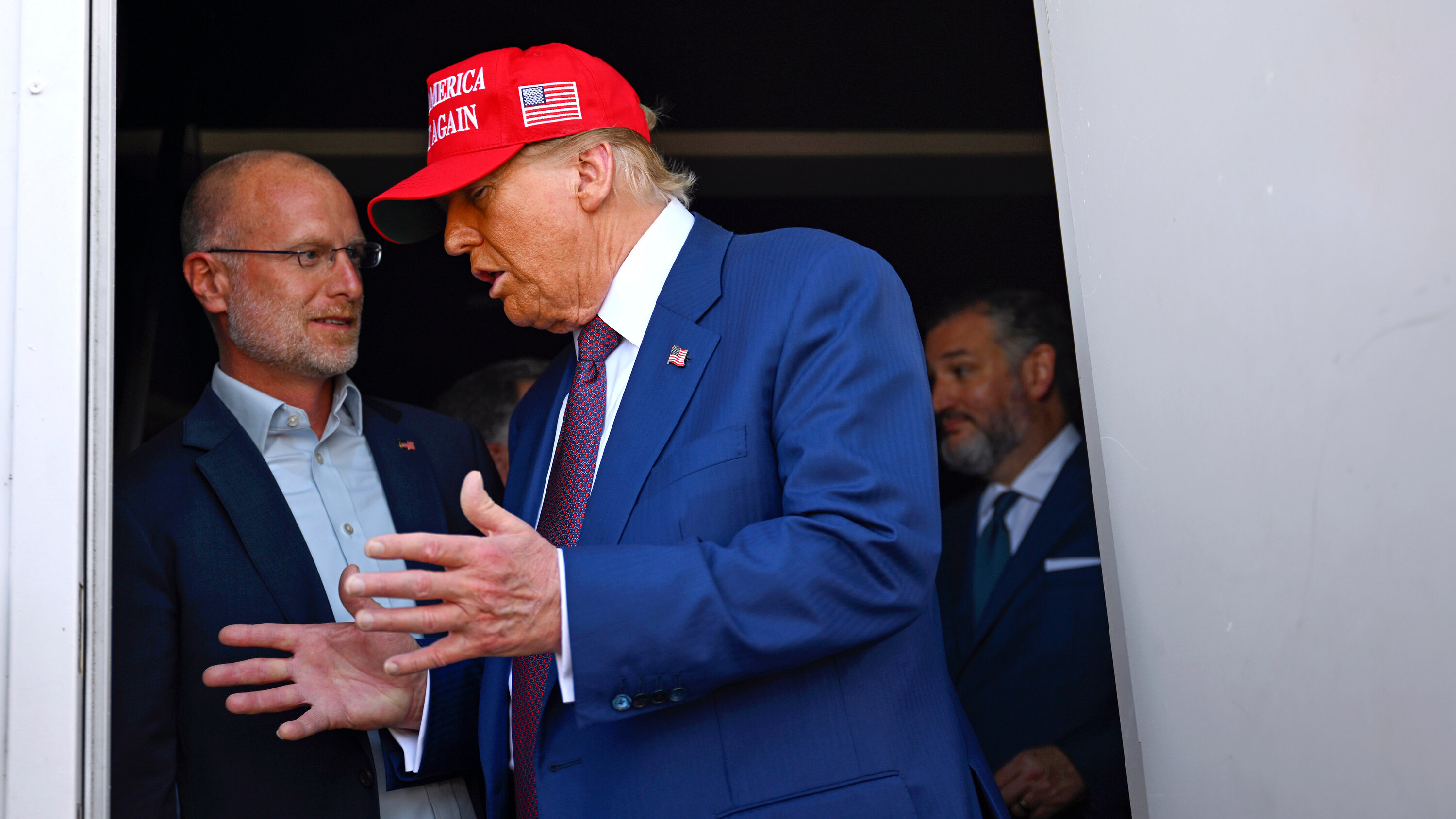
In a democracy, businesses are supposed to provide goods, services, and jobs — not police satire. Yet here we are: corporations making cultural decisions not out of artistic judgment, but out of political fear.

Comfort food and political unrest may seem worlds apart, yet their intersection reveals how culture, nourishment, and narrative shape resilience, democracy, and survival in turbulent times.
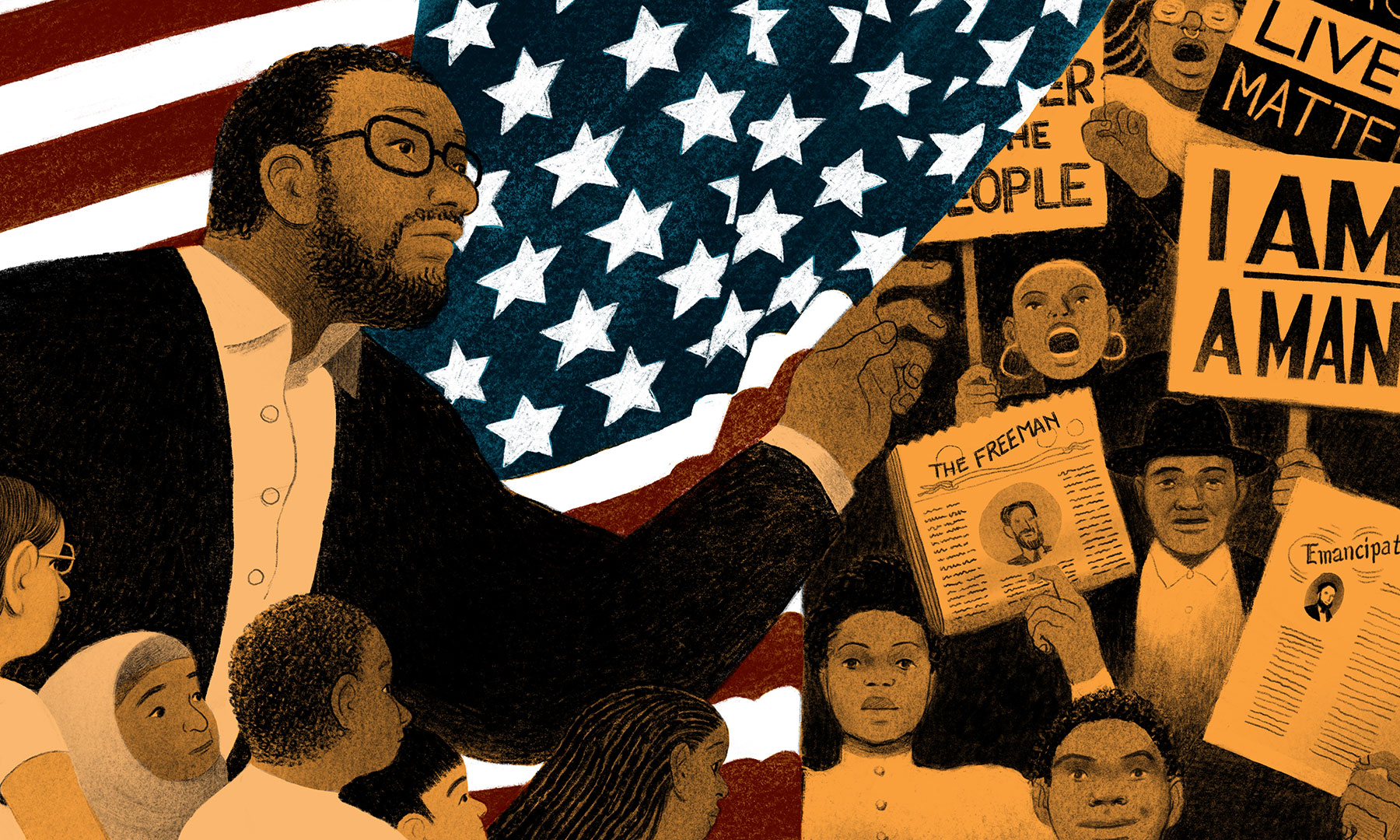
The suspension of Jimmy Kimmel’s show isn’t merely about one man’s words. It is about the erosion of a lifestyle that has defined the American experiment.
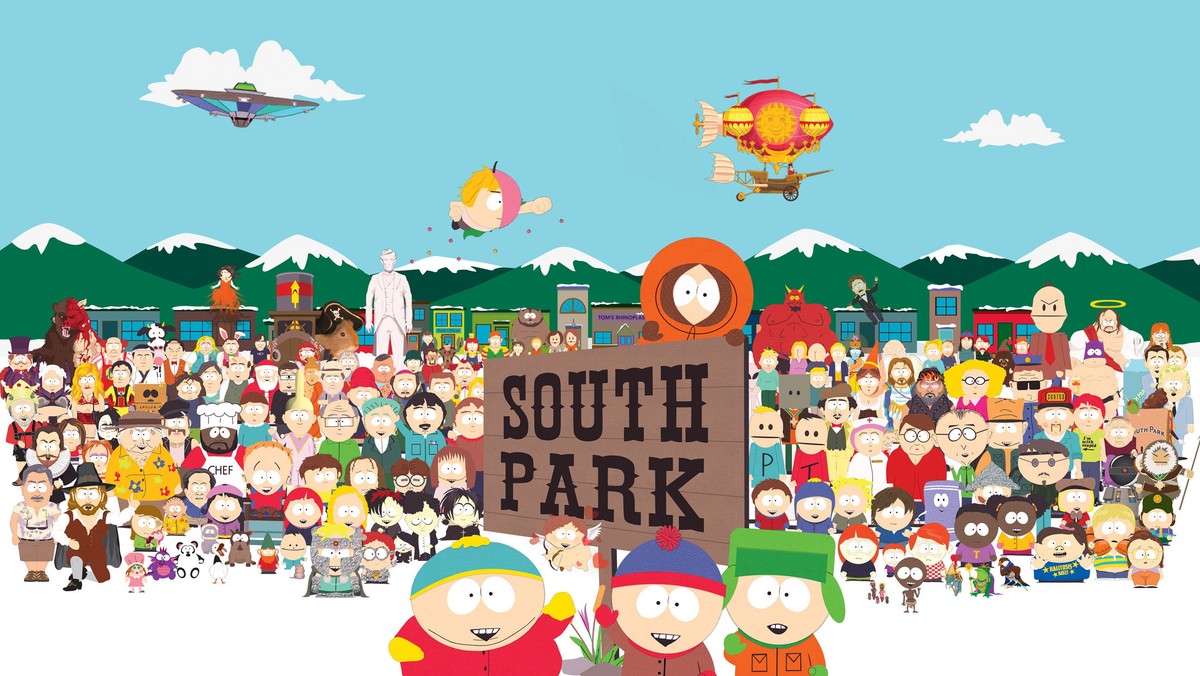
South Park’s ruthless return against Donald Trump is more than satire. It exposes power’s absurdities, democracy’s fragility, and the enduring role of humour in political critique.
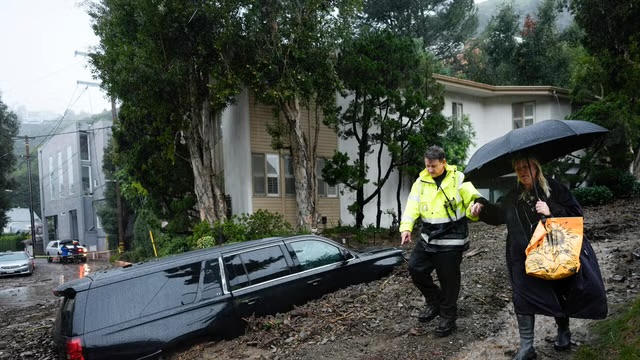
The devastating storms in California reveal the fragility of infrastructure, the politics of preparedness, and the urgent need for resilience in a warming world.

The 2025 executive order revoked federal contractors’ obligations to prepare affirmative action plans , but discrimination bans remain. This article explains the law, clarifies that quotas remain illegal , and offers guidance for building lawful, effective DEI programs.

The rise of pills marketed for women’s confidence reveals the intersection of gender, medicine, capitalism, and the unfinished politics of liberation.

The devastating storms in California reveal the fragility of infrastructure, the politics of preparedness, and the urgent need for resilience in a warming world.
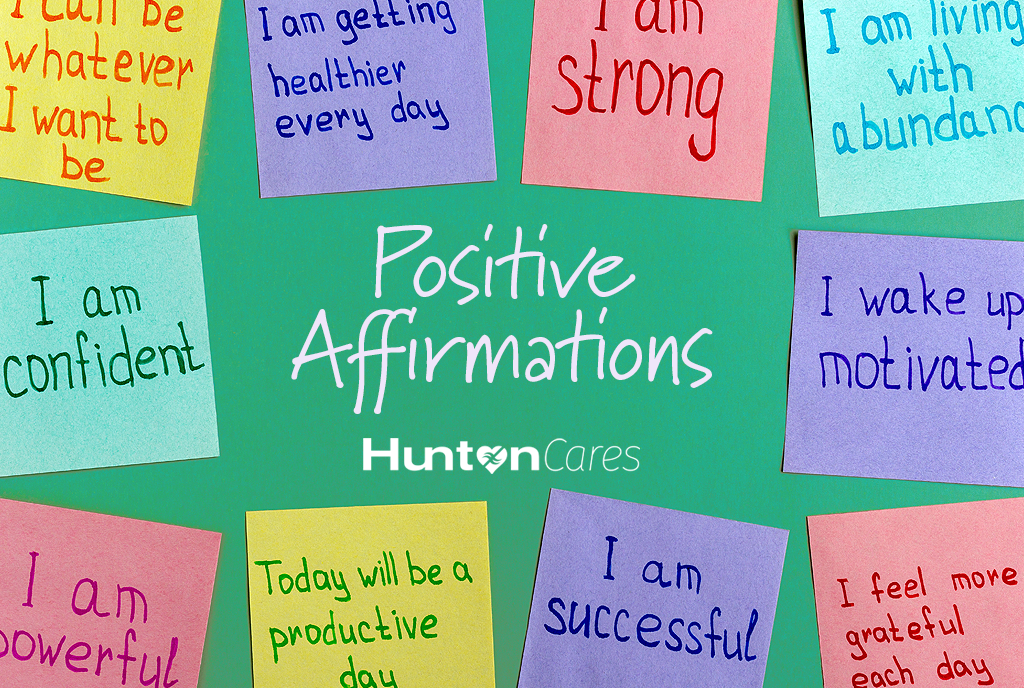
Positive affirmations are more than trendy quotes; grounded in self‑affirmation theory, they can strengthen your sense of self and reduce negative self‑talk . This feature explains the science, outlines practical tips, and warns against using affirmations as magic spells.

Kimmel’s joke barely had time to land before the counter-narratives emerged. Within hours: affiliates suspended his show, politicians weaponized the moment, corporations positioned themselves, and social media split into echo chambers.
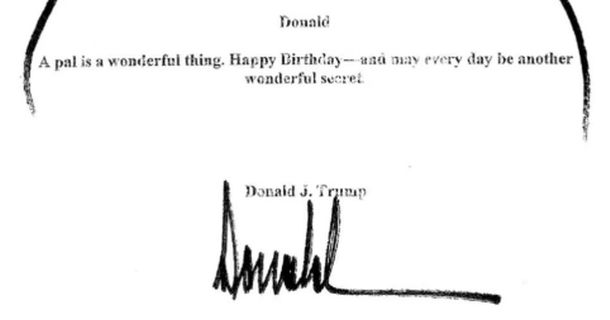
The Epstein letter with Trump’s signature reveals deeper truths about power, privilege, and accountability in America’s fragile democracy.

The Serena Williams cotton decoration controversy reveals how fashion, race, and symbolism intersect in culture—forcing societies to confront history, identity, and power.

Created in 1974 by designer Yuko Shimizu, Hello Kitty has generated $84.5 billion and spawned more than 50 000 products. This feature traces her rise, the marketing strategies behind her omnipresence, and the lessons entrepreneurs can learn.

In democracies, power is supposed to be distributed — across the state, the market, and the people. But when all three converge against dissent, the outcome isn’t comedy, it’s control.

Jaden Smith becomes Men’s Creative Director at Christian Louboutin, reshaping fashion, identity, and the global economy.
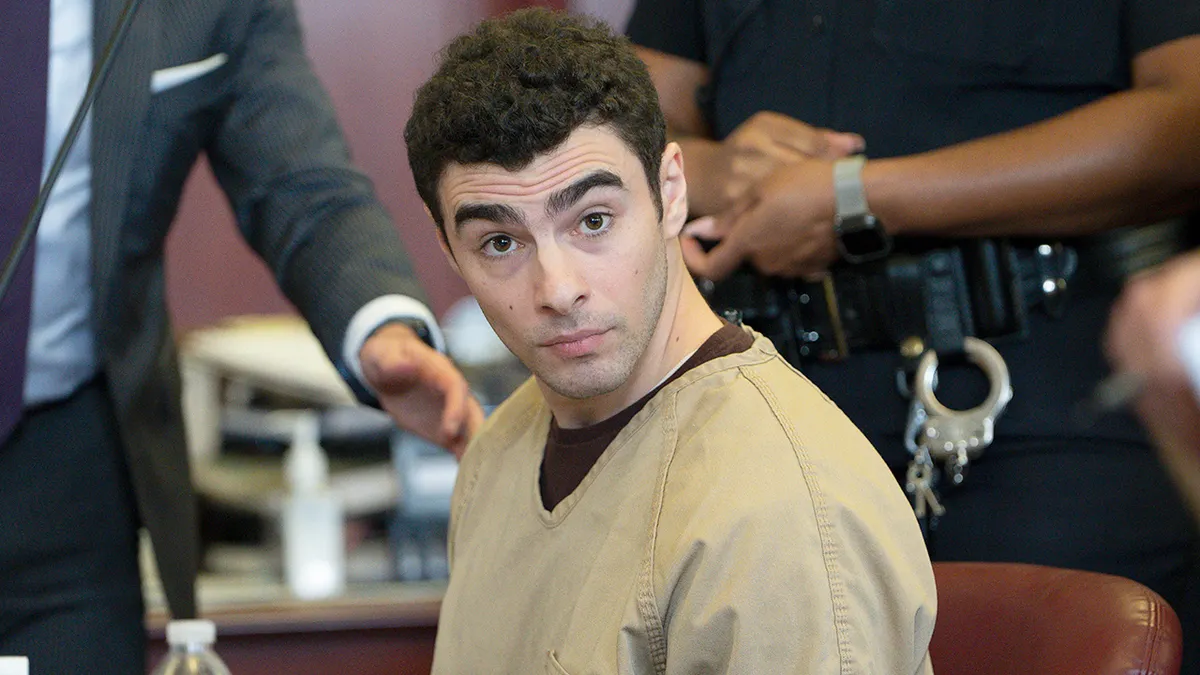
Luigi Mangione will almost certainly be convicted of murder. But the law’s refusal to call his act terrorism reveals a fracture larger than any single verdict.

Justice is not simply about outcomes—it is about perception. When the public perceives a ruling as inadequate, the legitimacy of the system fractures.

The courtroom ruling that reduced his killing to “just murder” may comfort statute books. But markets are not ruled by statute—they are ruled by sentiment. And sentiment is fragile.

When a man guns down the leader of the nation’s largest health insurer, can we really separate the individual from the collective? Was this an attack on one man—or on the machinery of corporate healthcare? The law says no. Reality whispers otherwise.
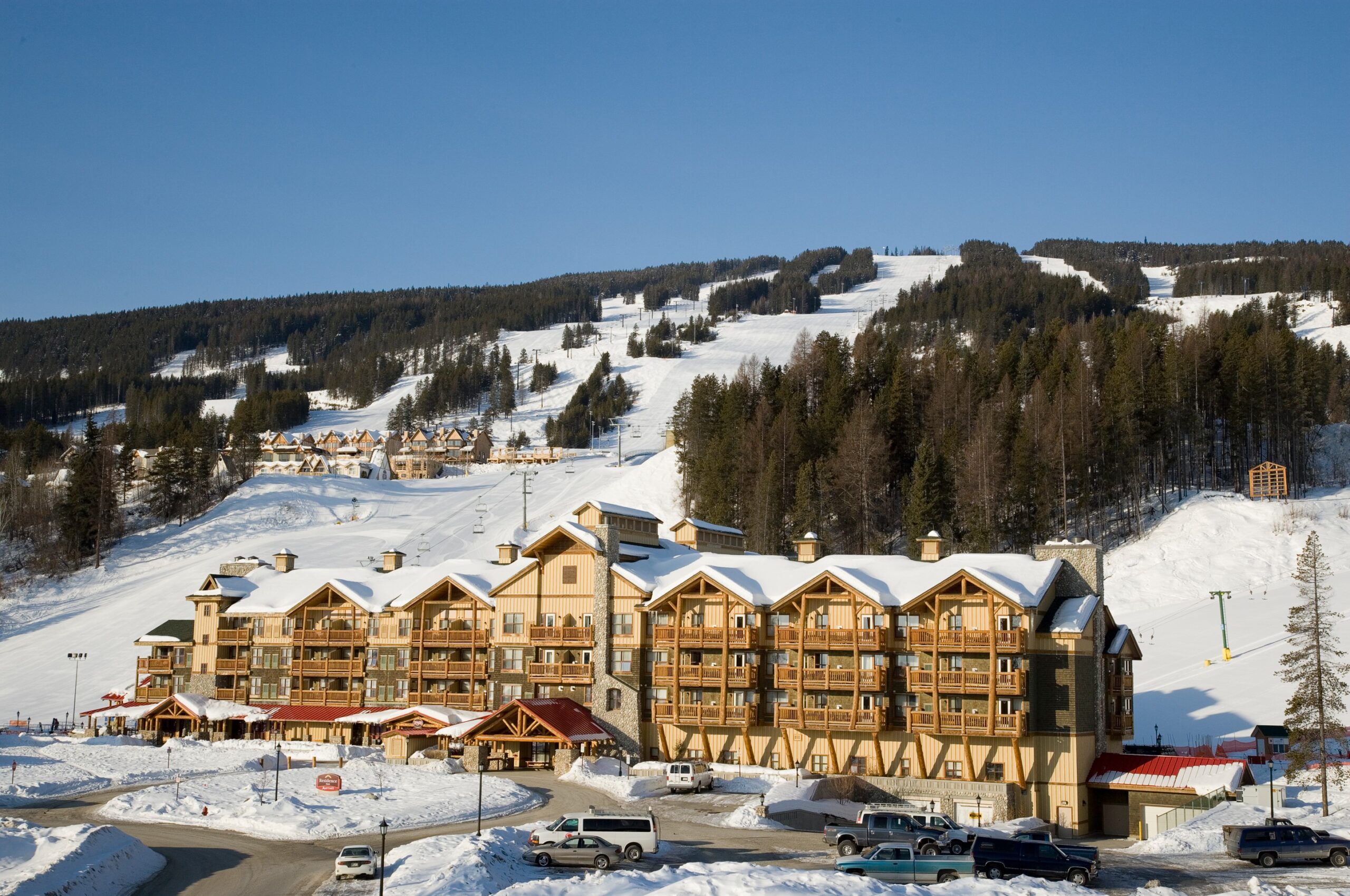
Kimberley, BC is one of the best ski resort in North America—an all-season destination for skiing, weddings, meditation retreats, and cultural experiences. Discover why this mountain town matters.
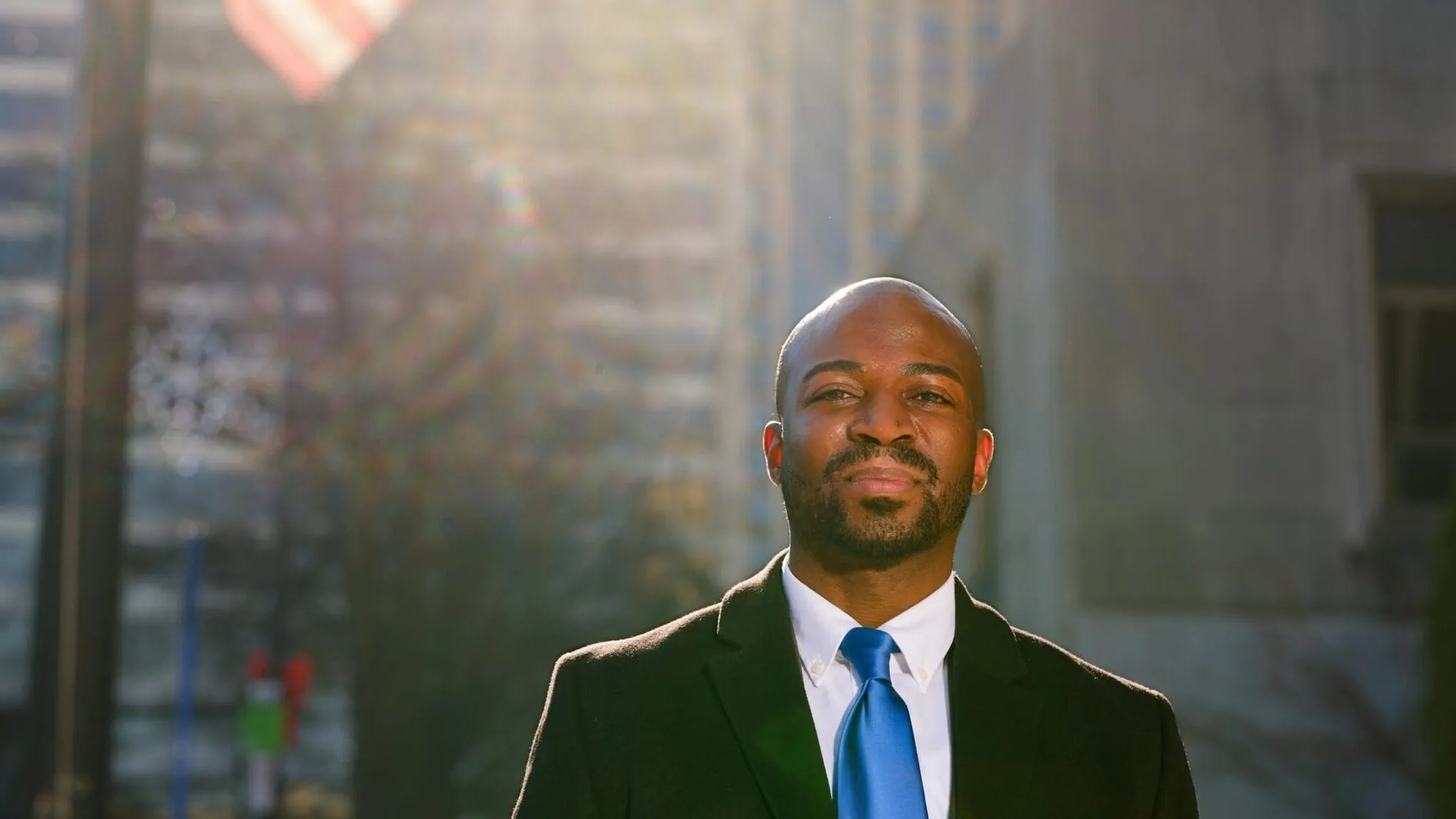
Dakarai Larriett, a gay Black entrepreneur and Senate candidate in Alabama, shares a story of resilience, lawsuits against systemic racism, solidarity with unions and the trans community, and a fight for justice. A perspective on brotherhood, identity, and change. .
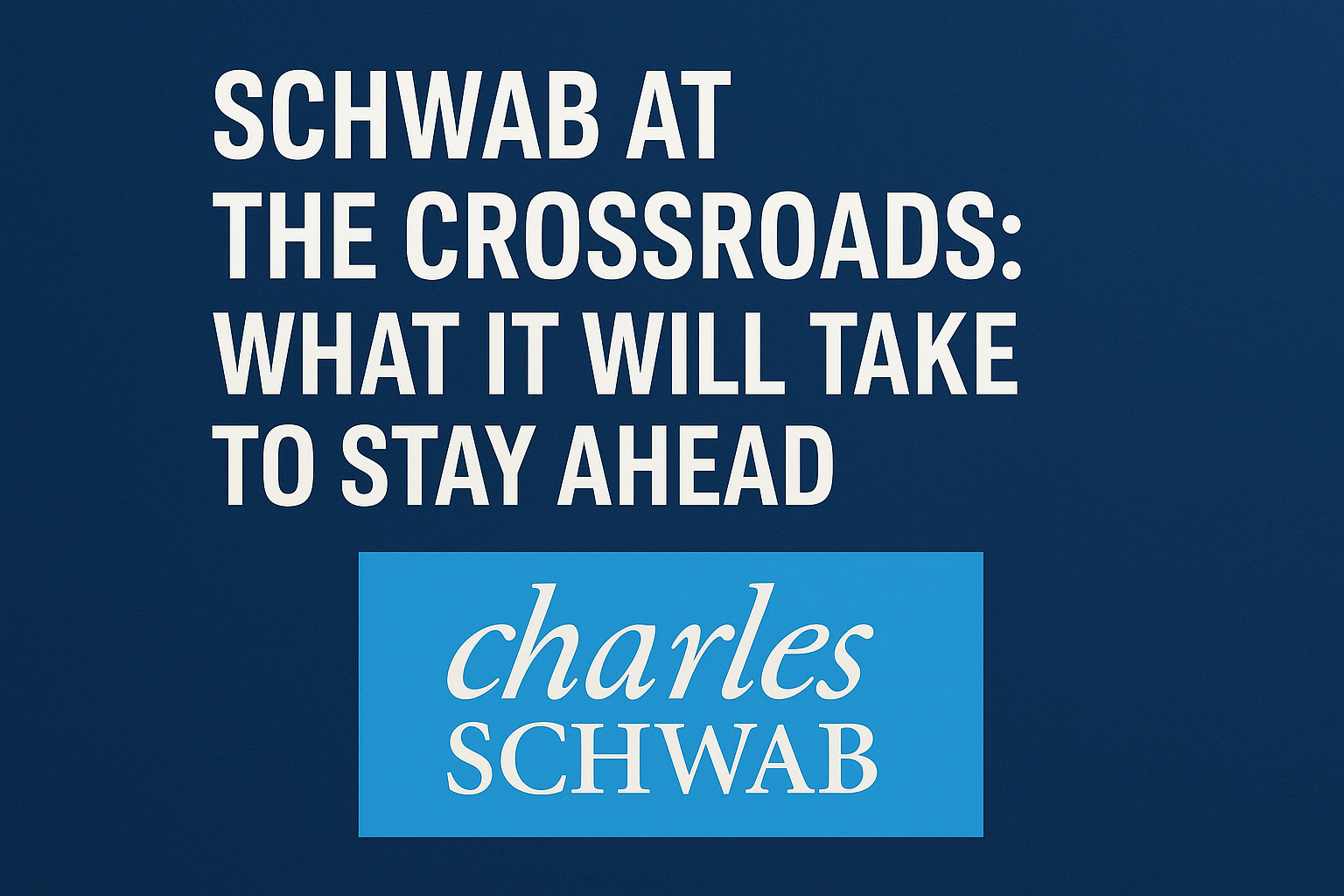
Fees are racing toward zero, fintech disruptors are nipping at the edges, and wealth clients demand more bespoke, human-meets-digital experiences. Schwab is at a crossroads: evolve into the platform of the future or risk being seen as a relic of the discount-brokerage past.